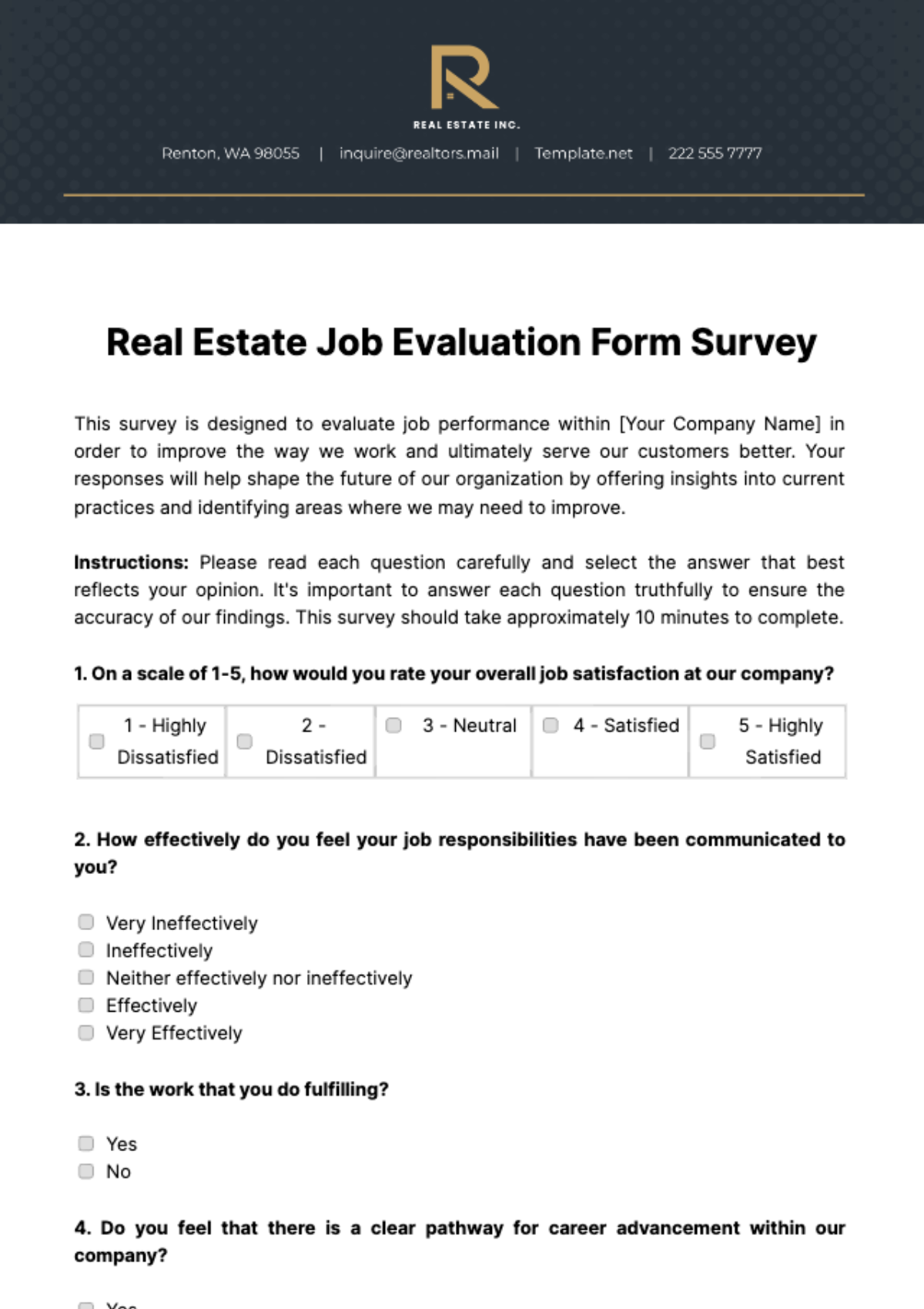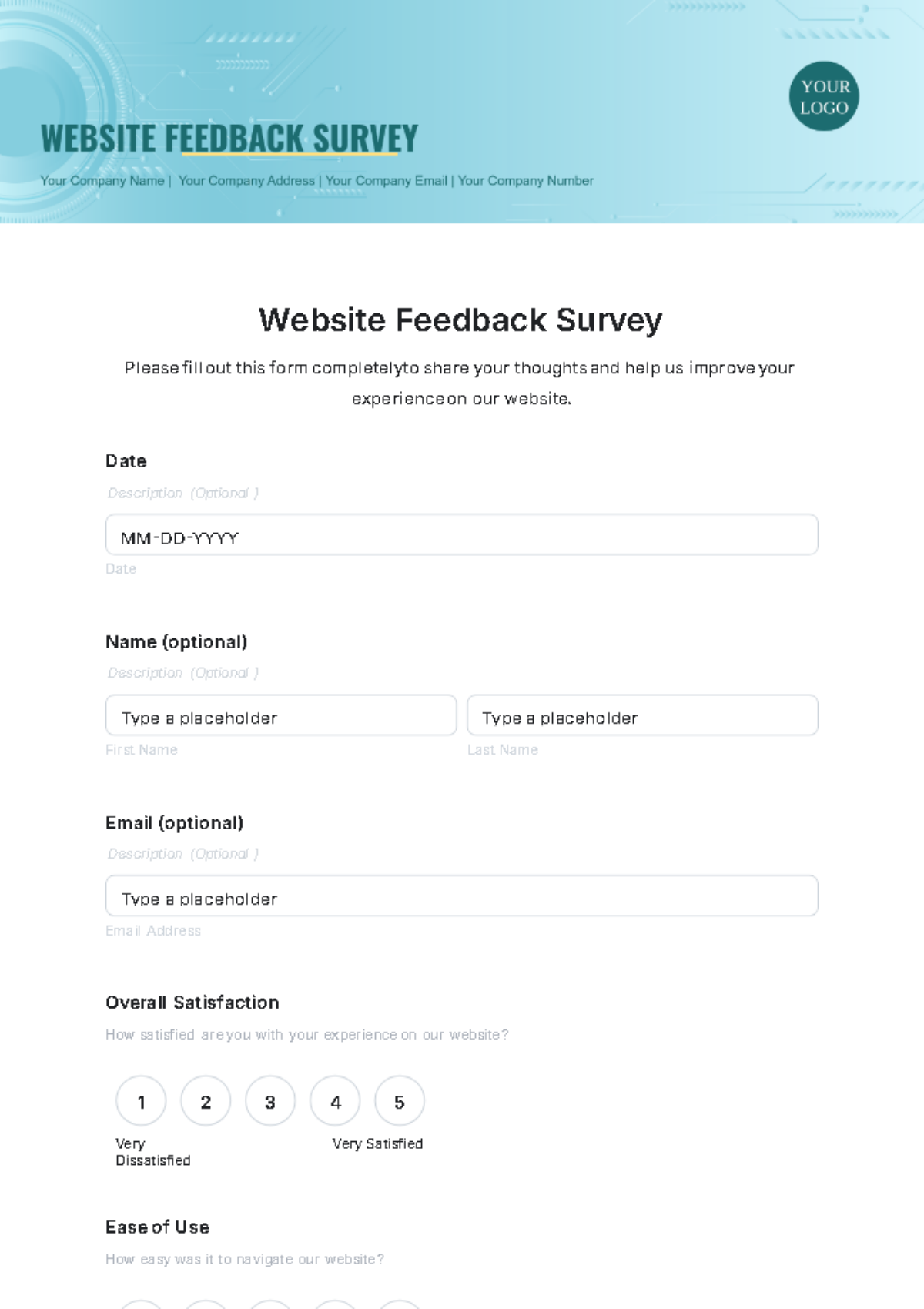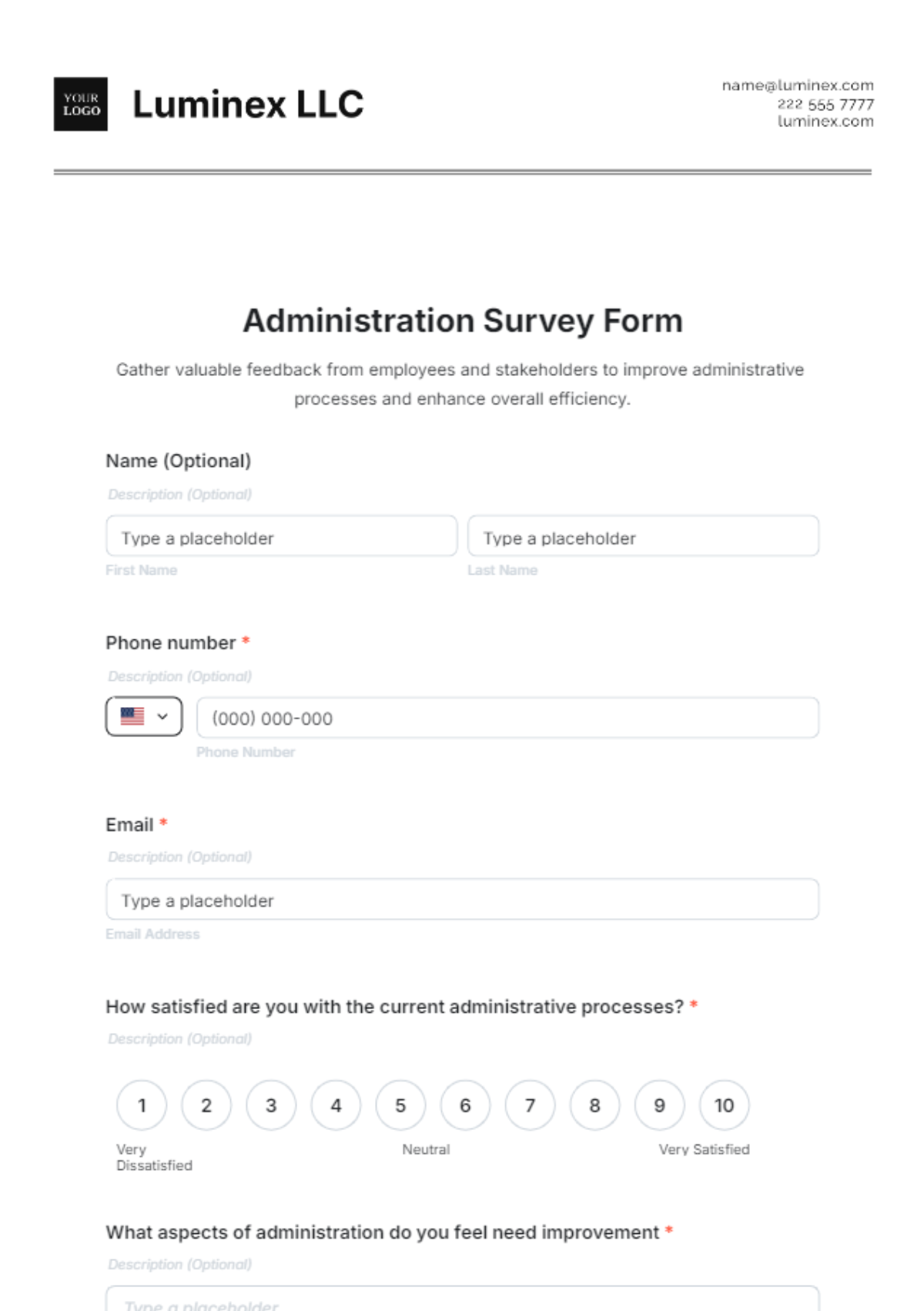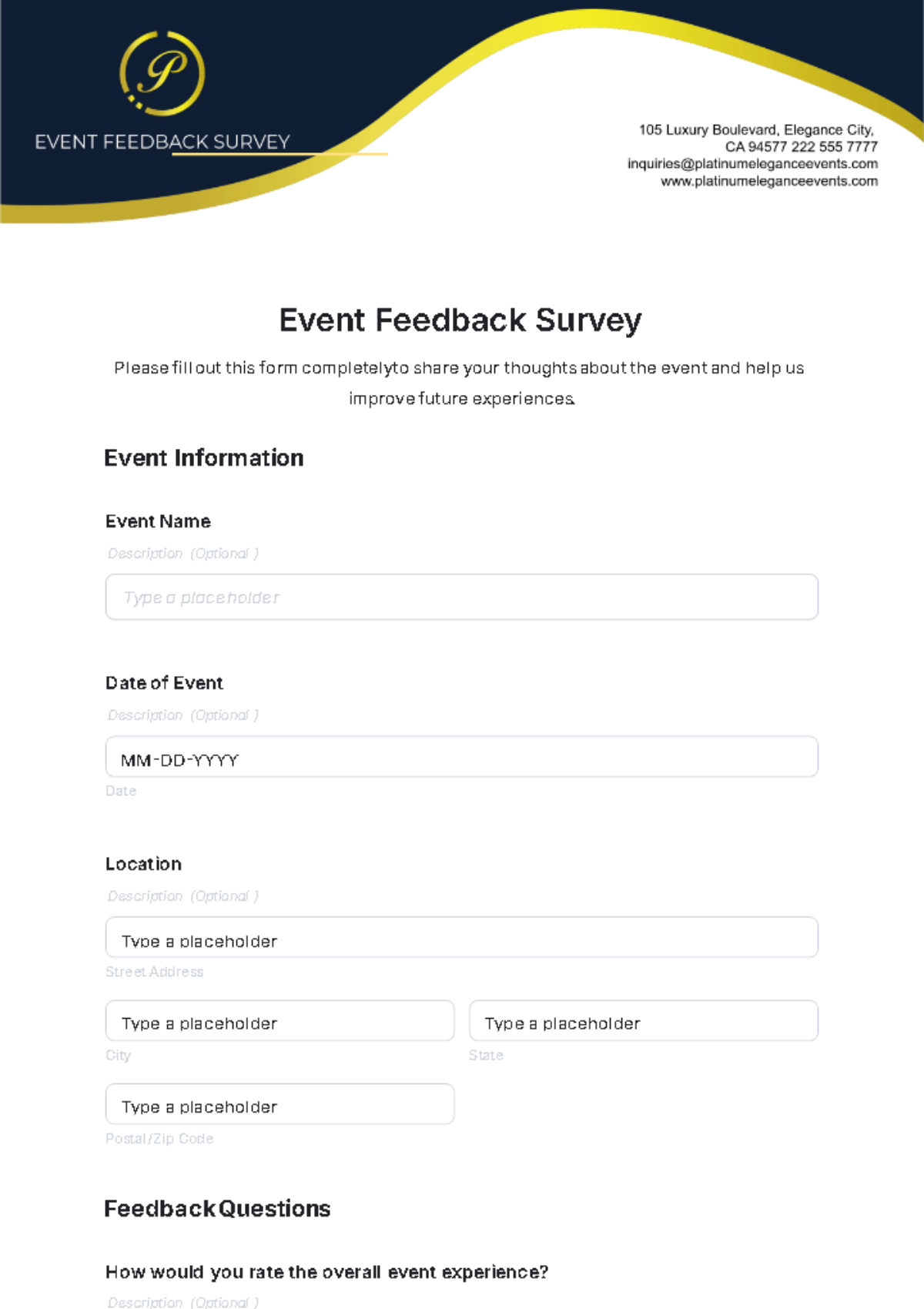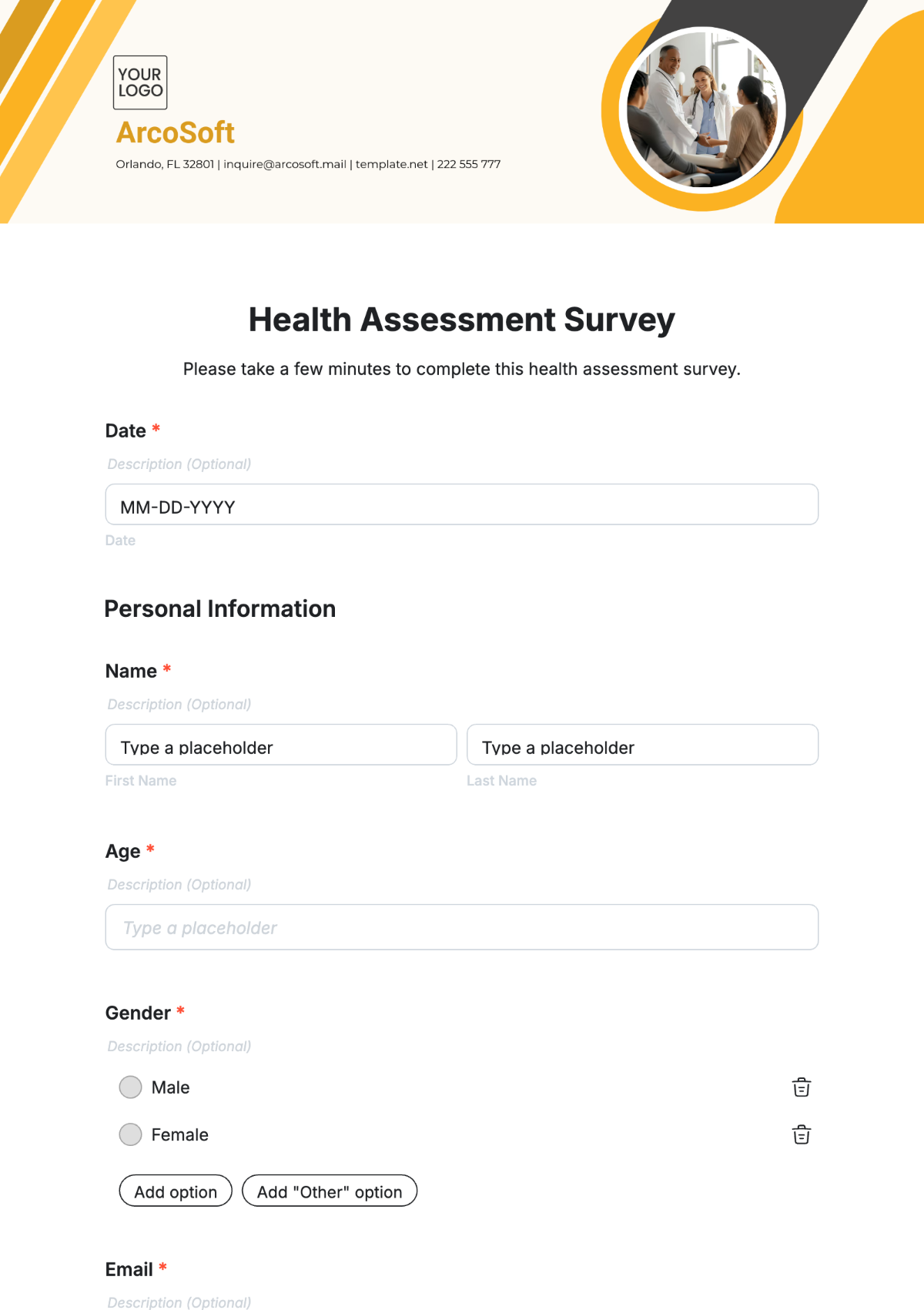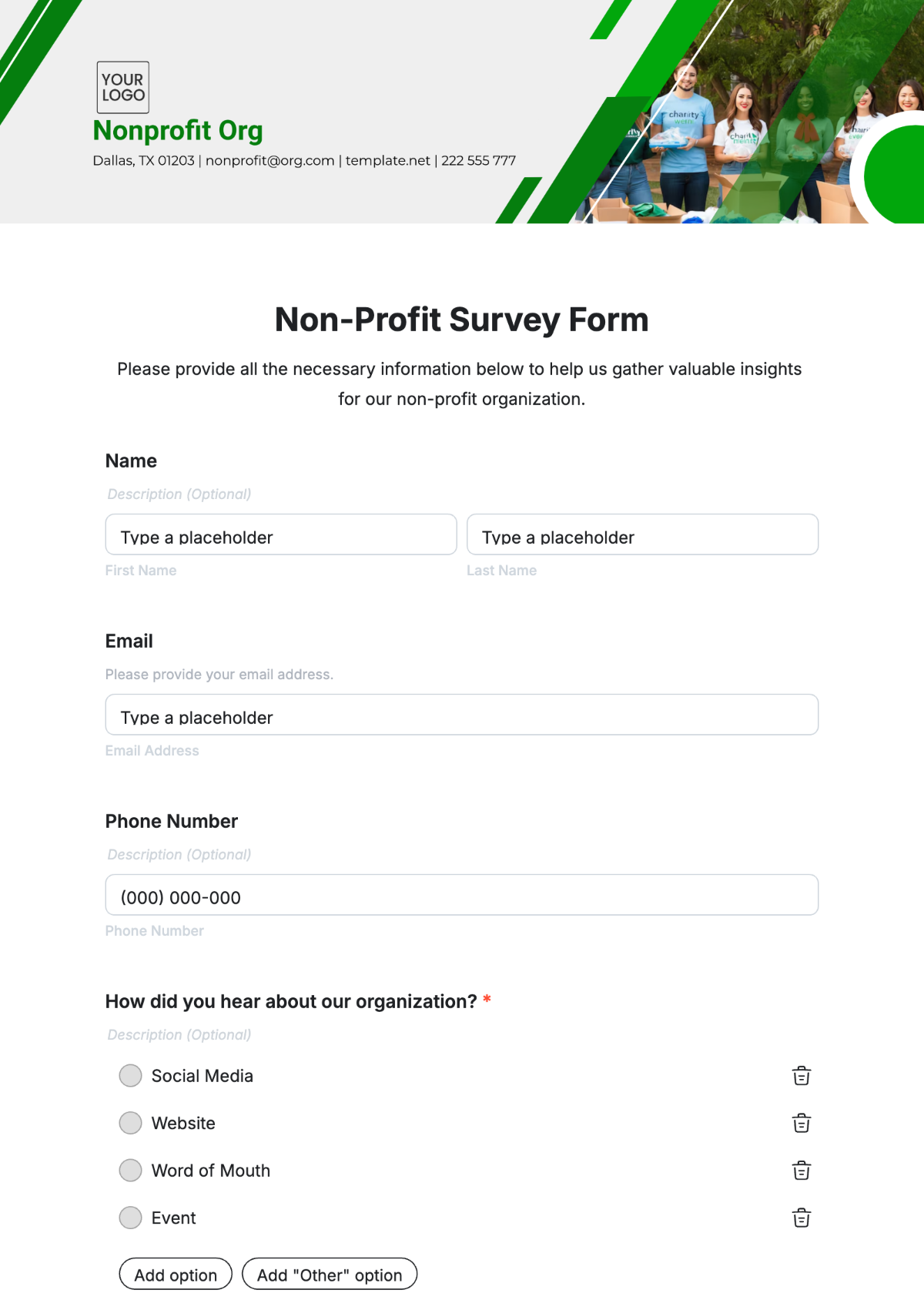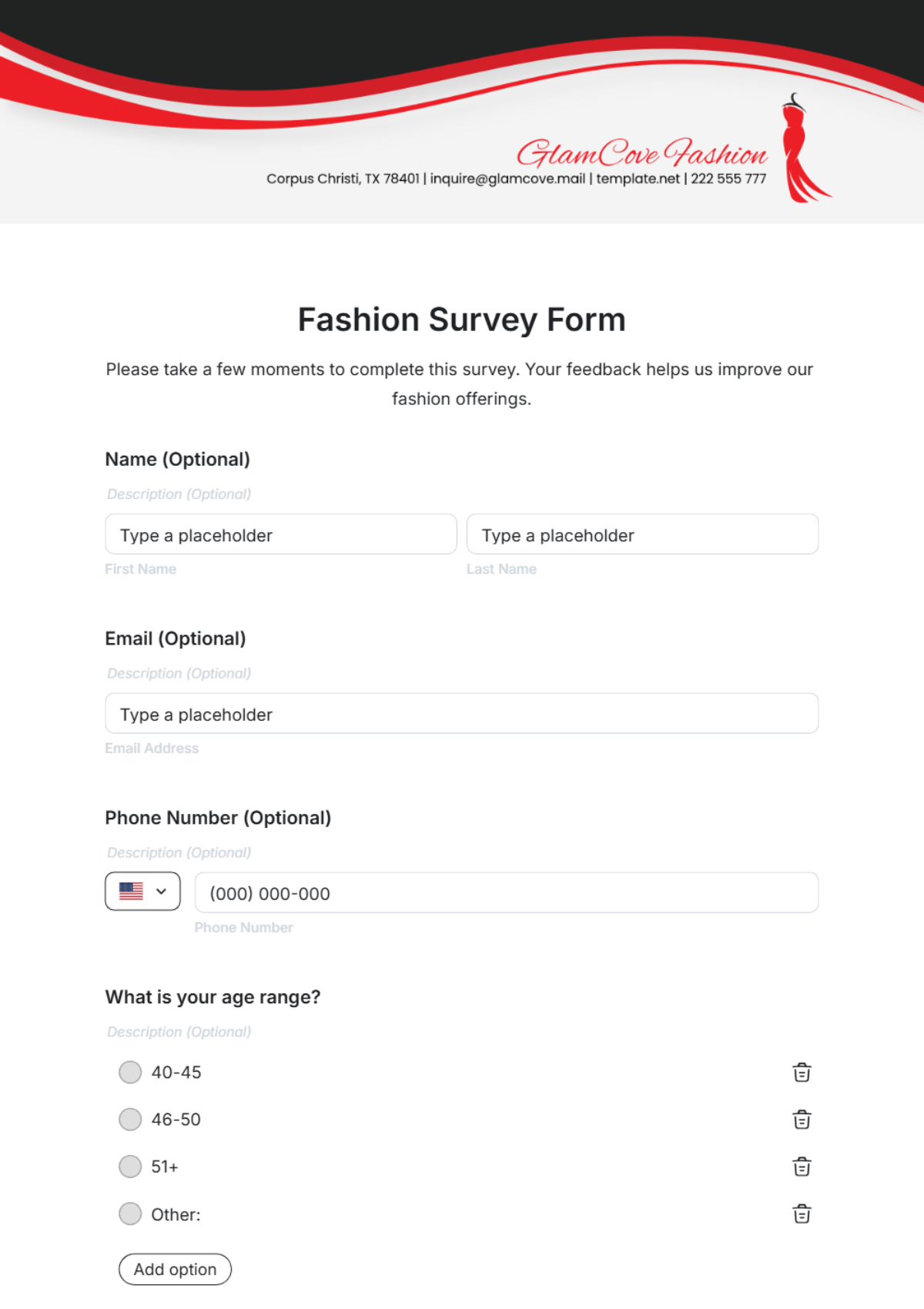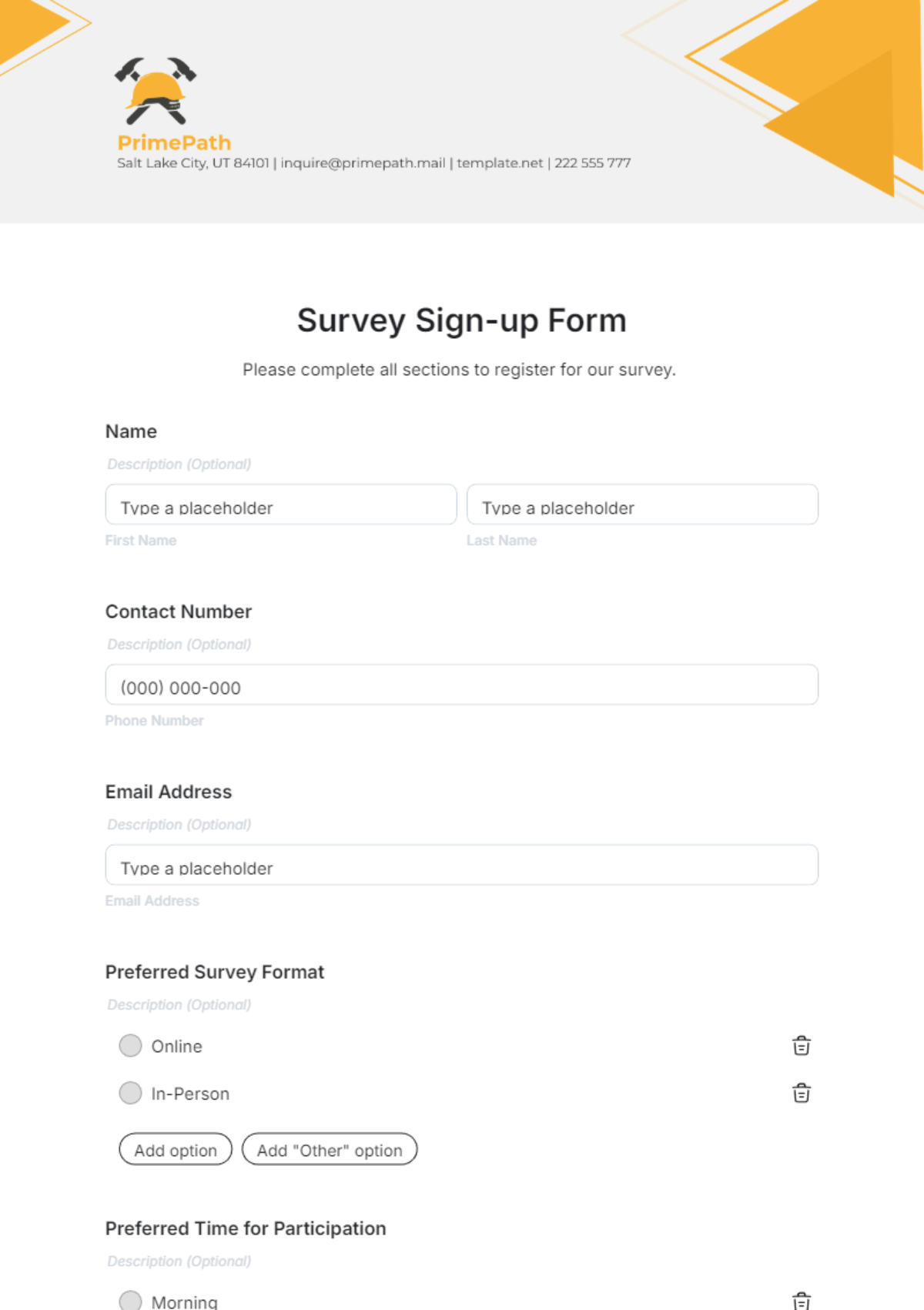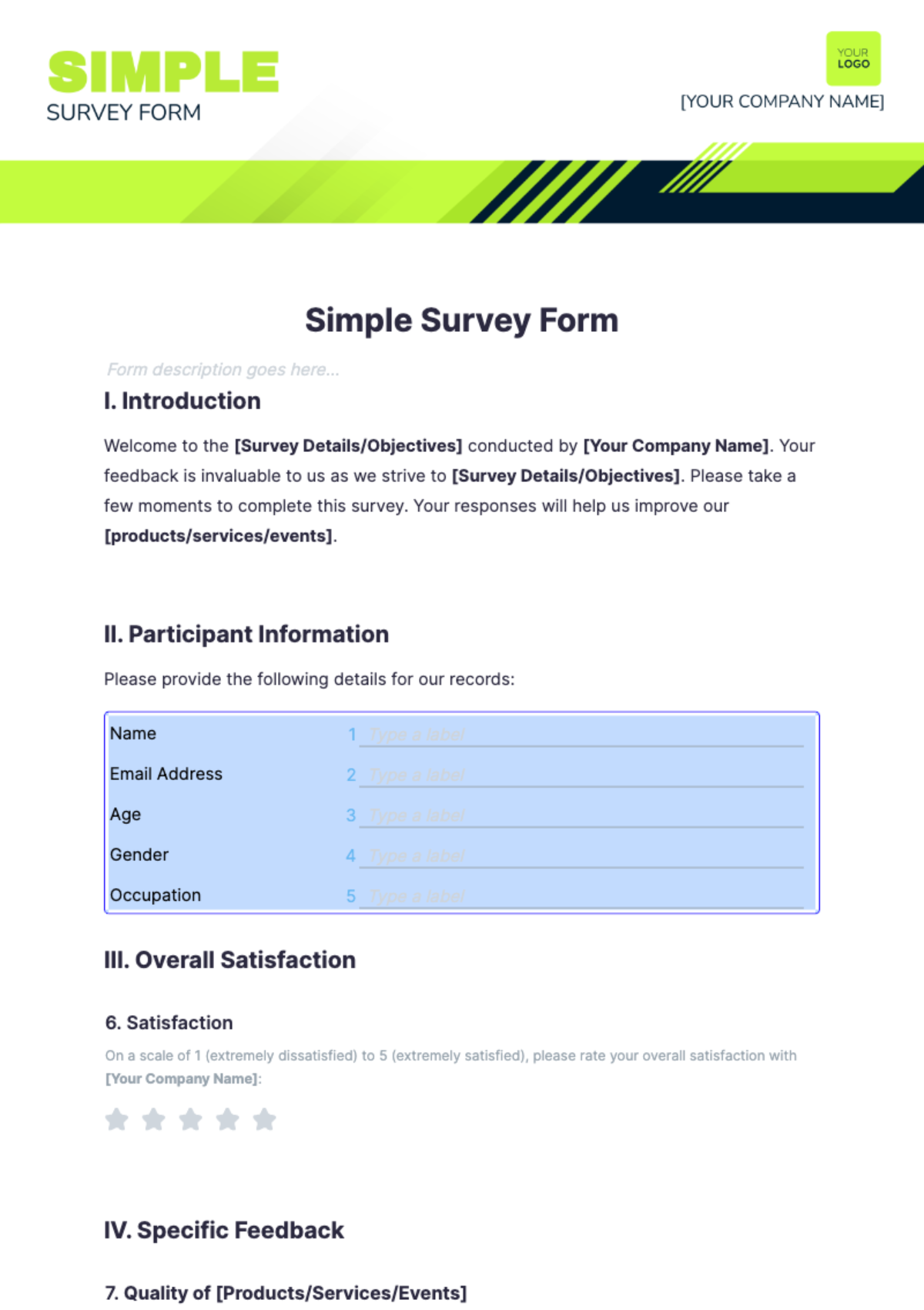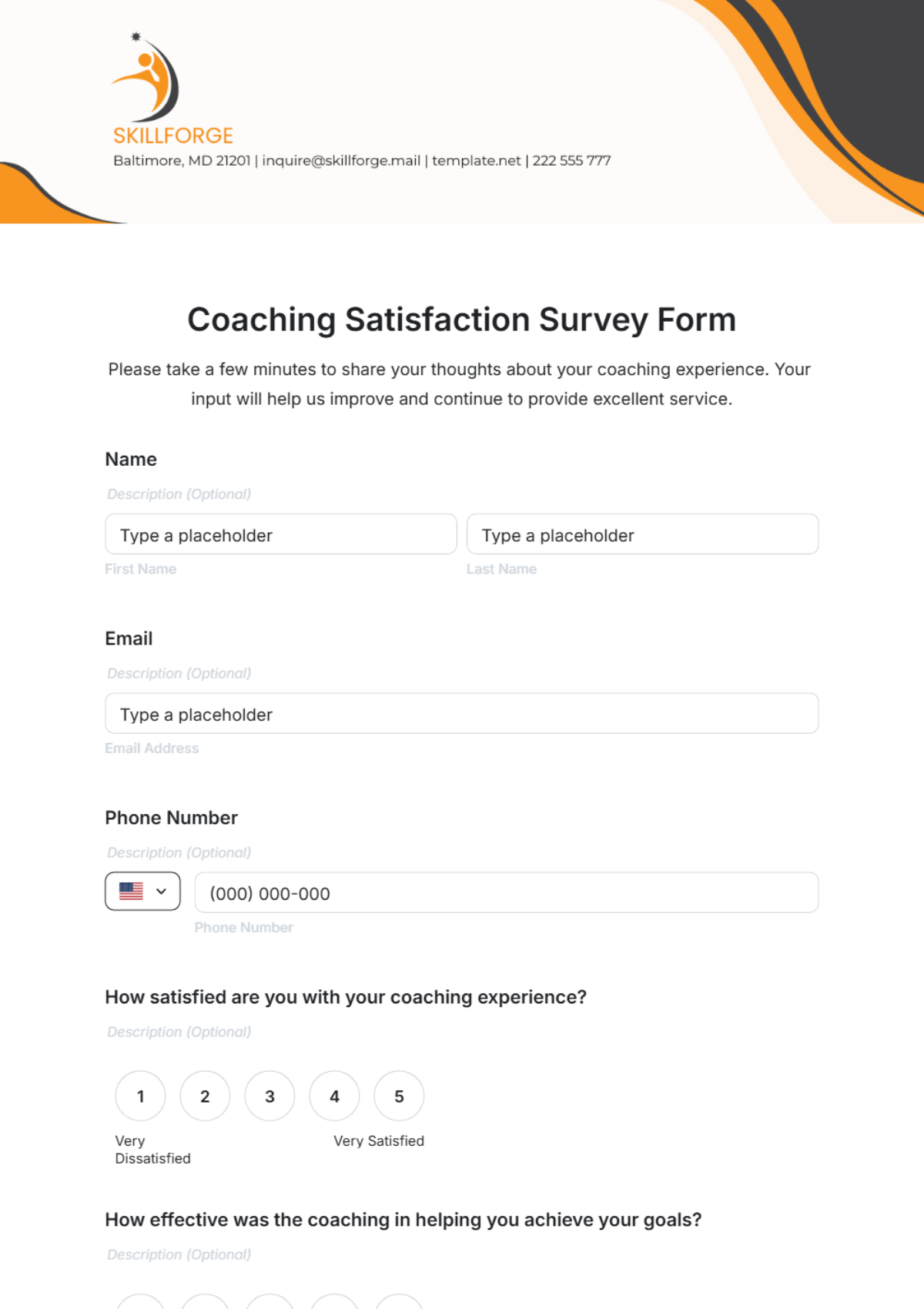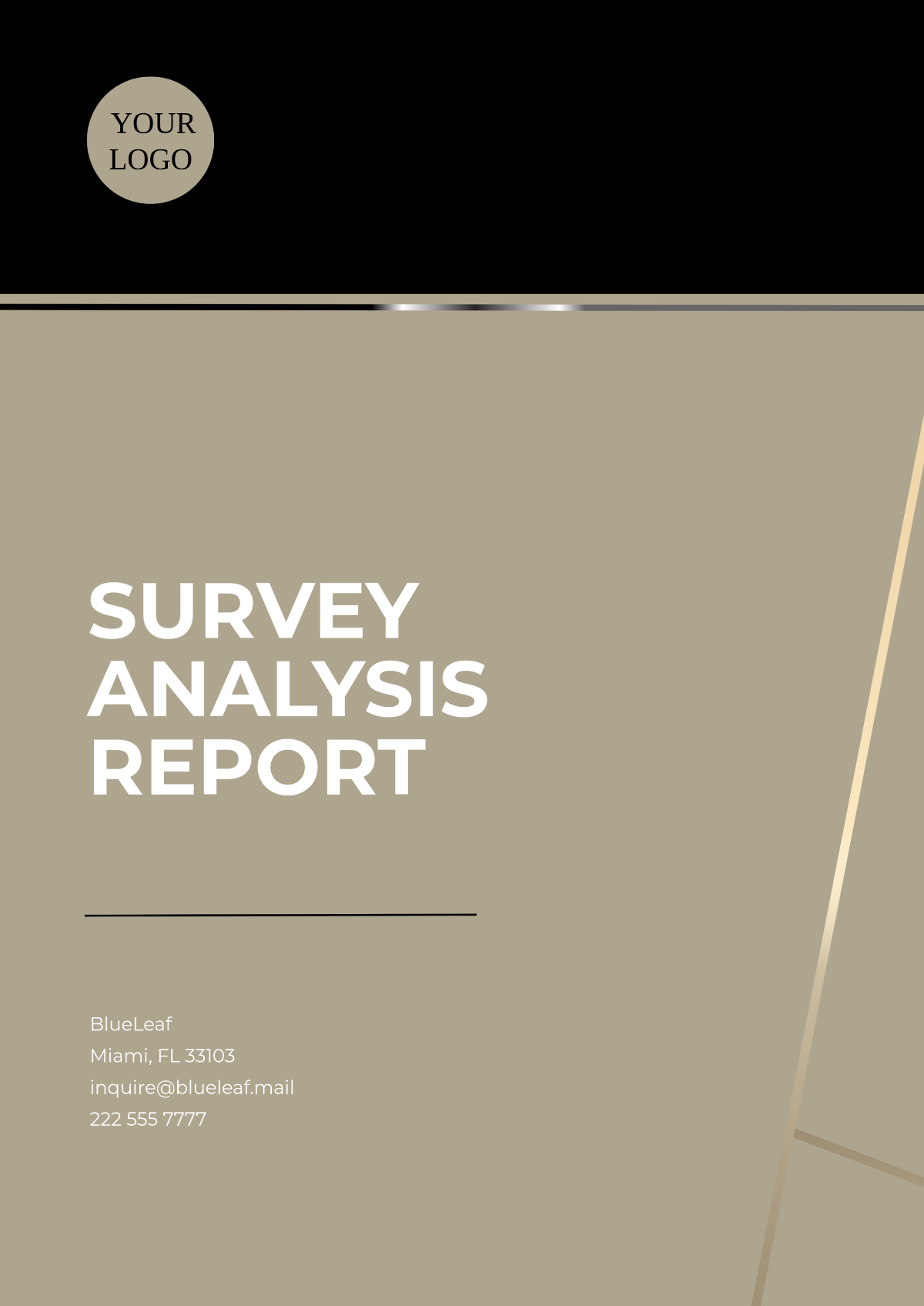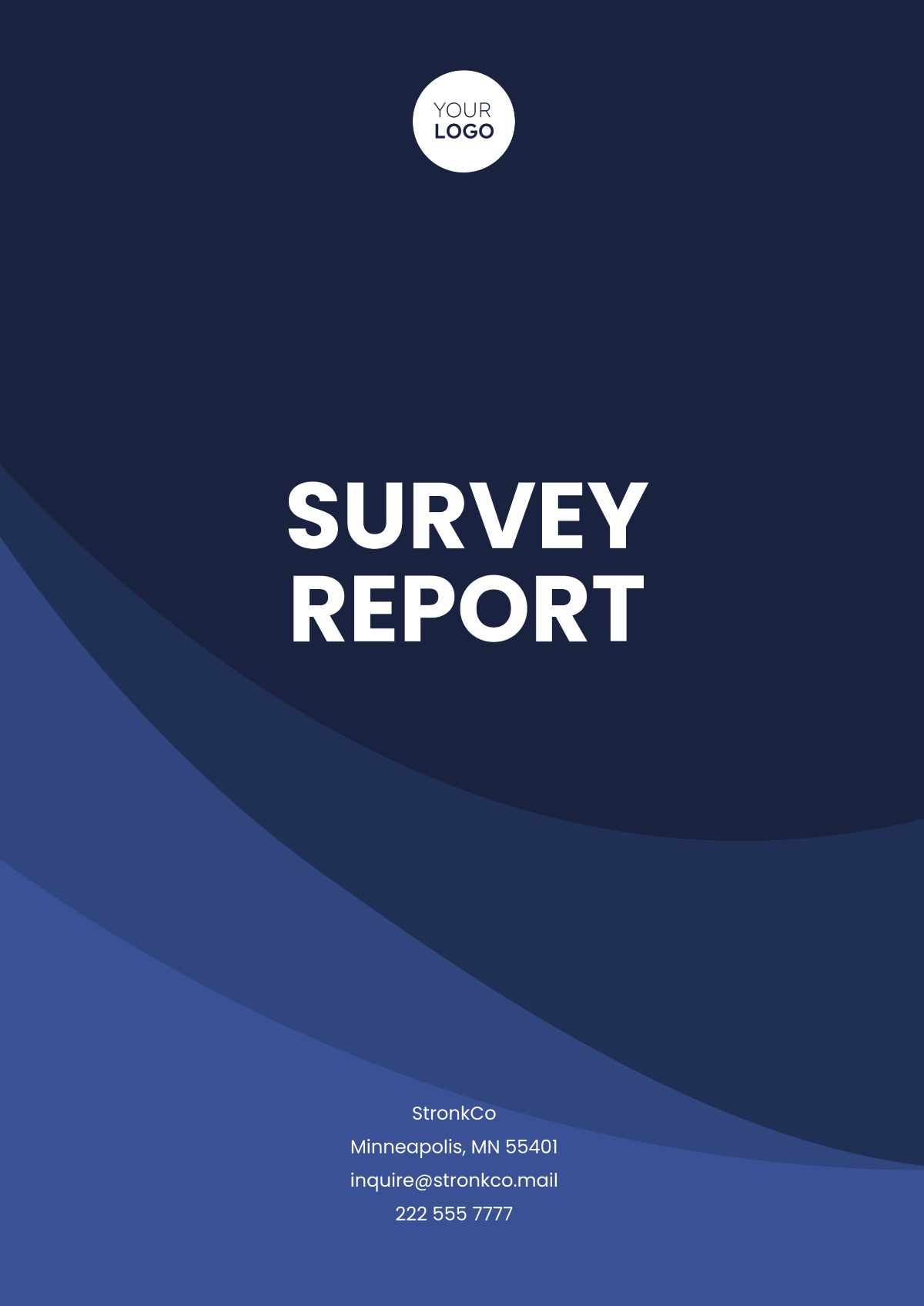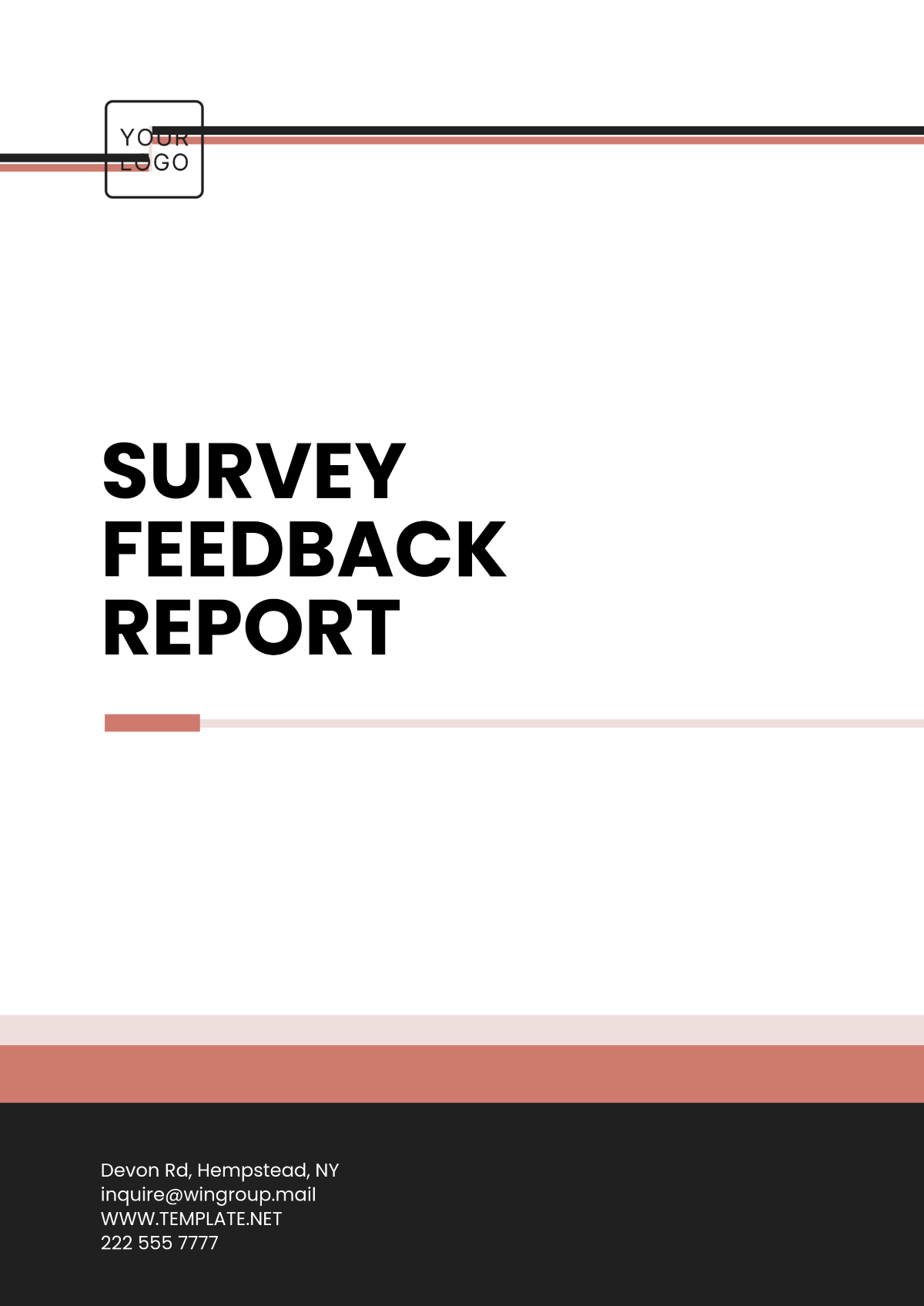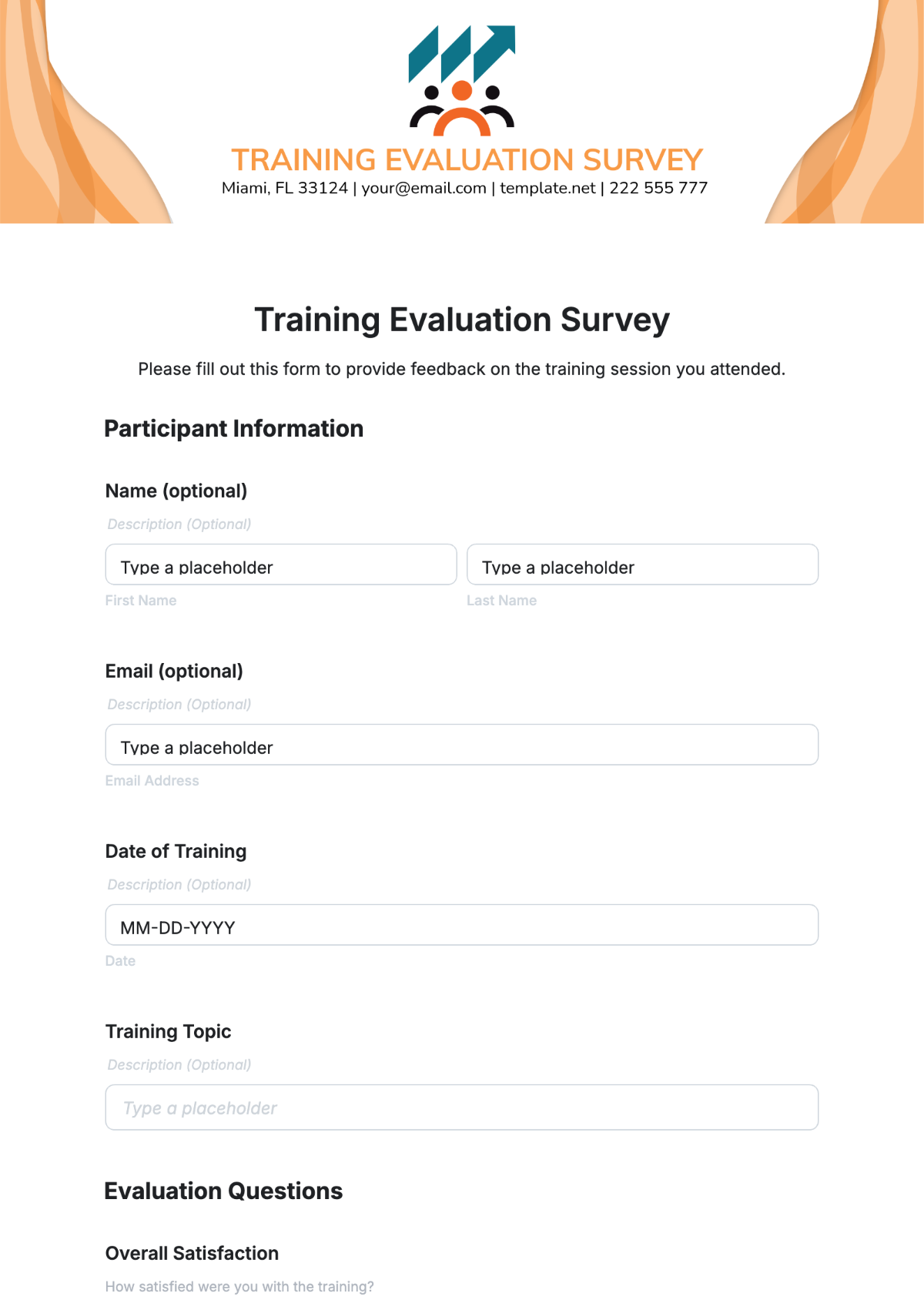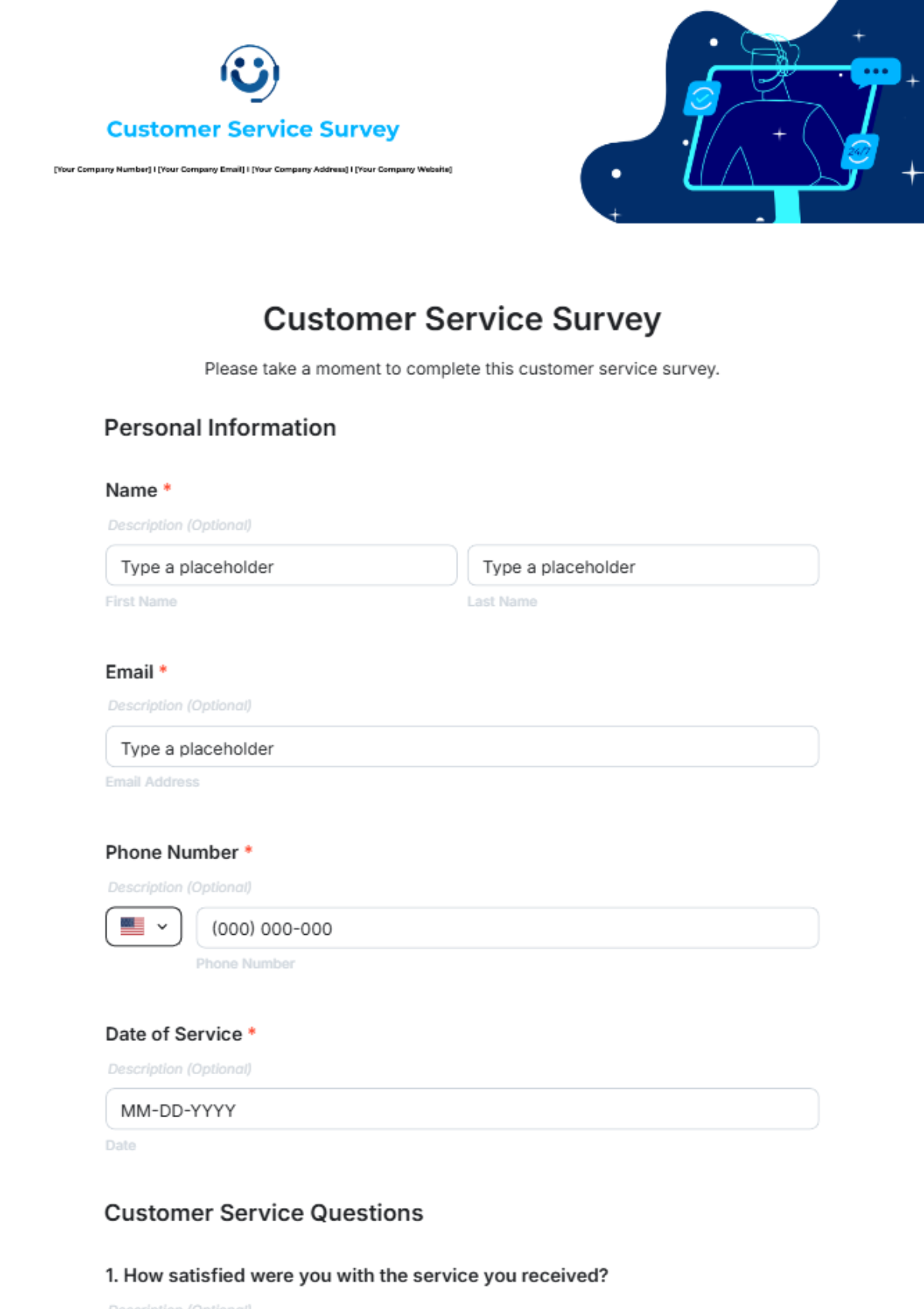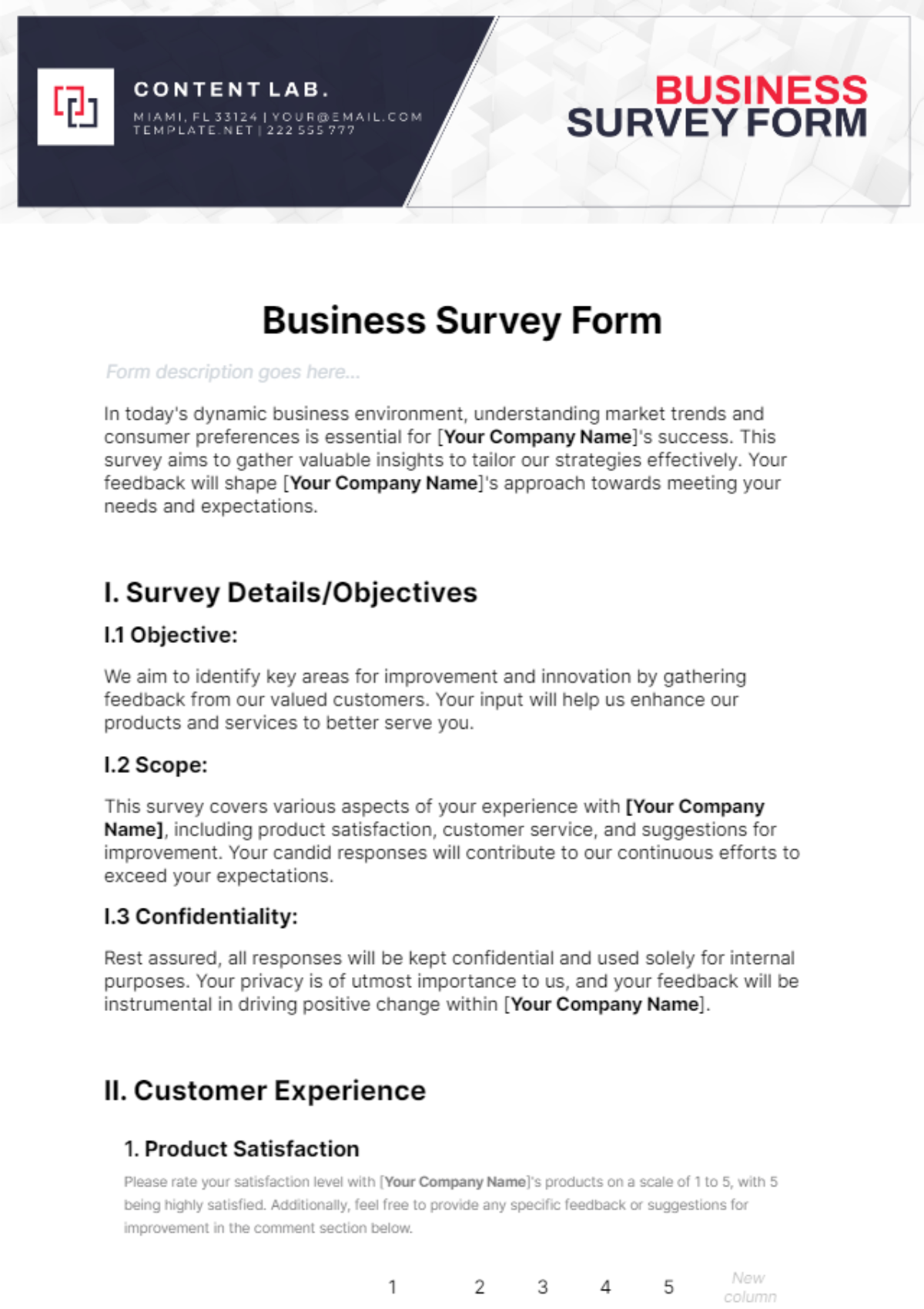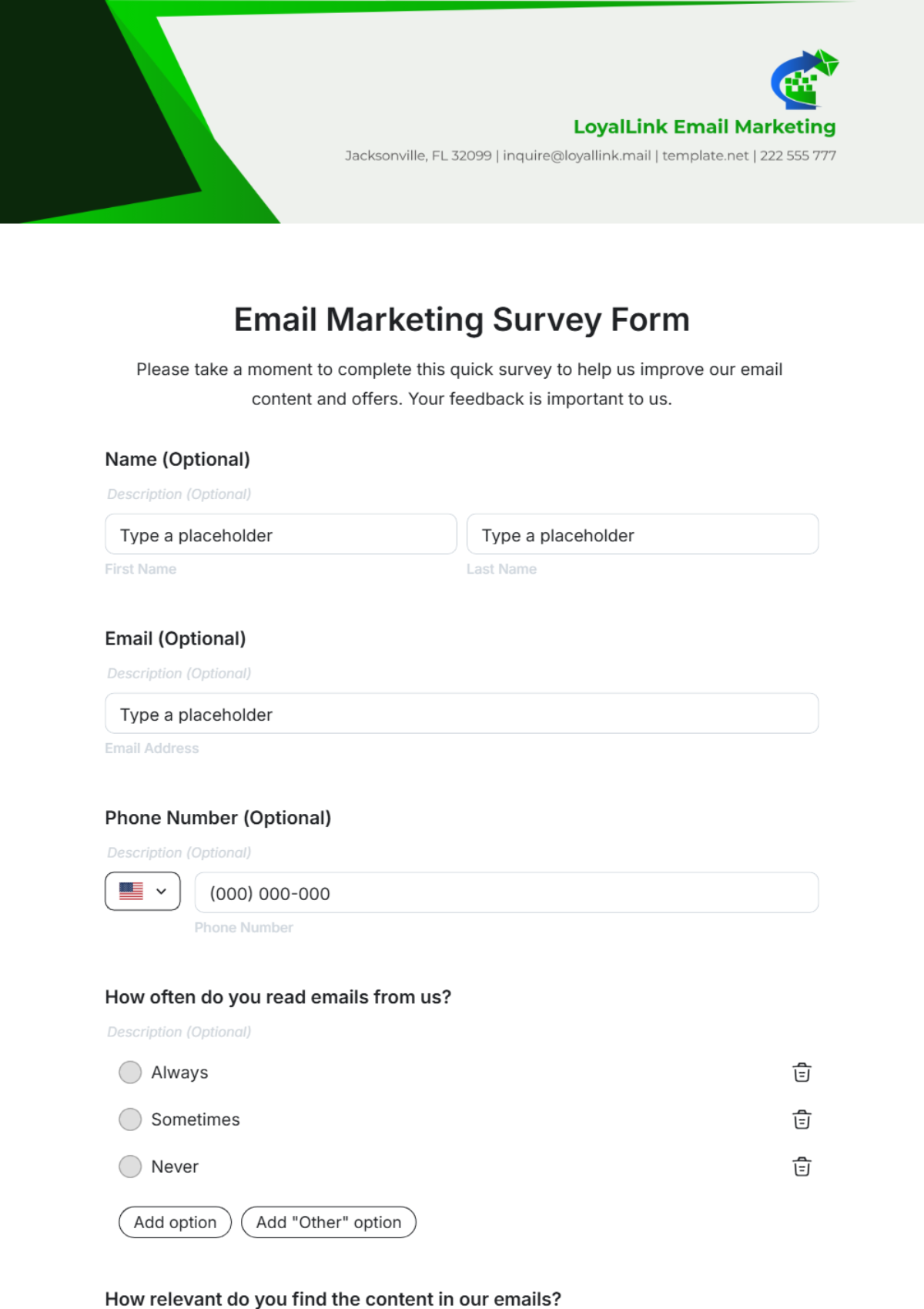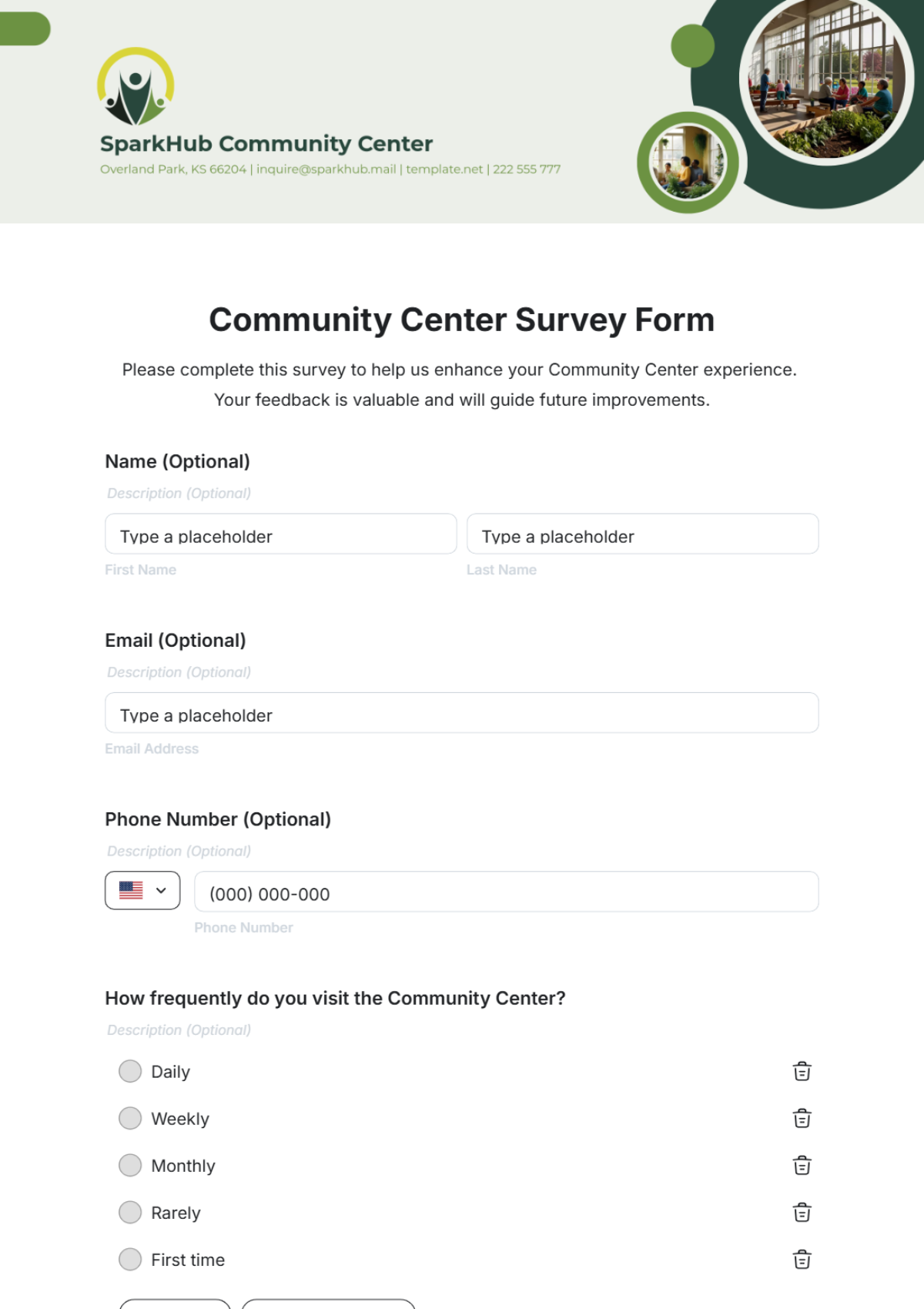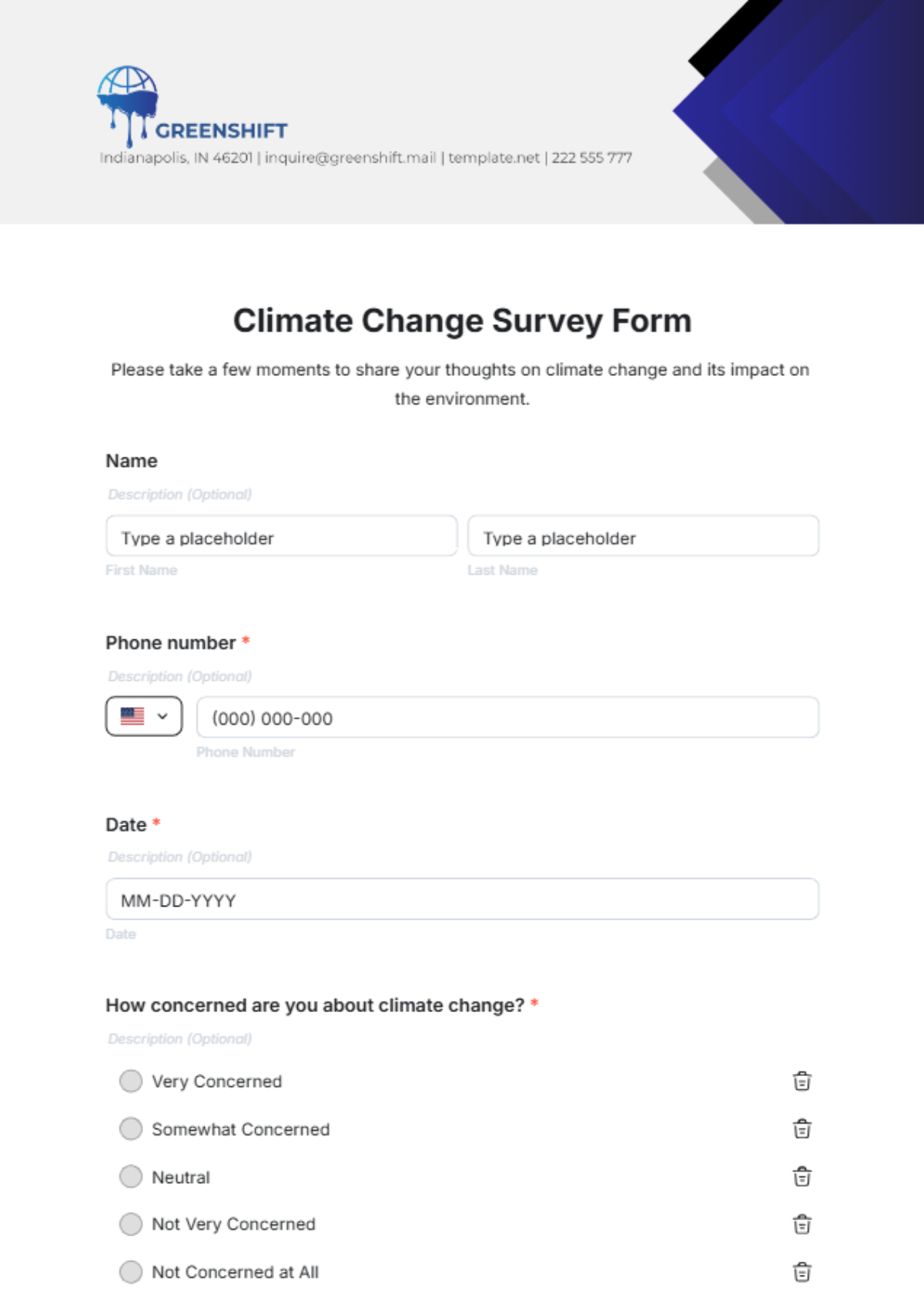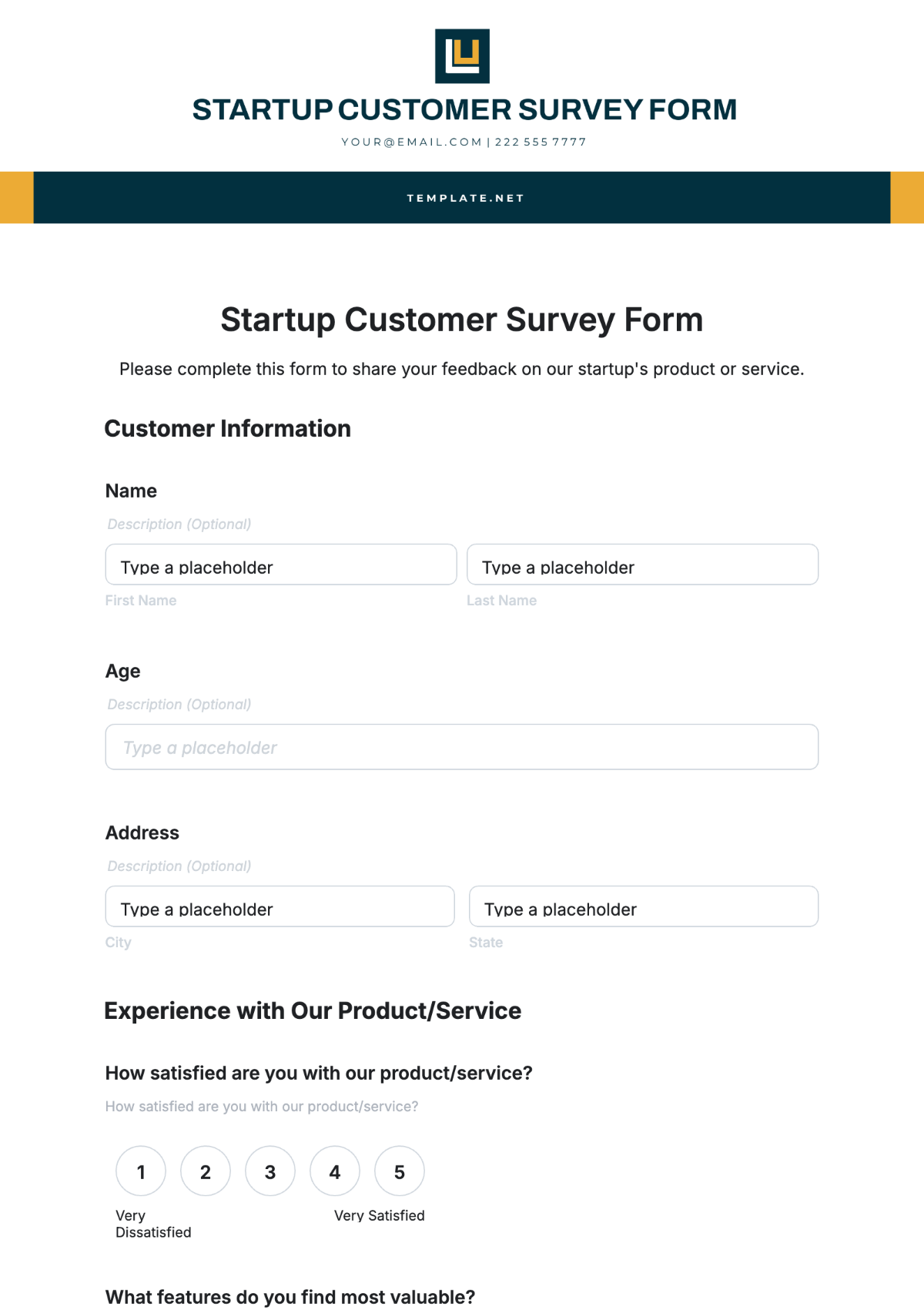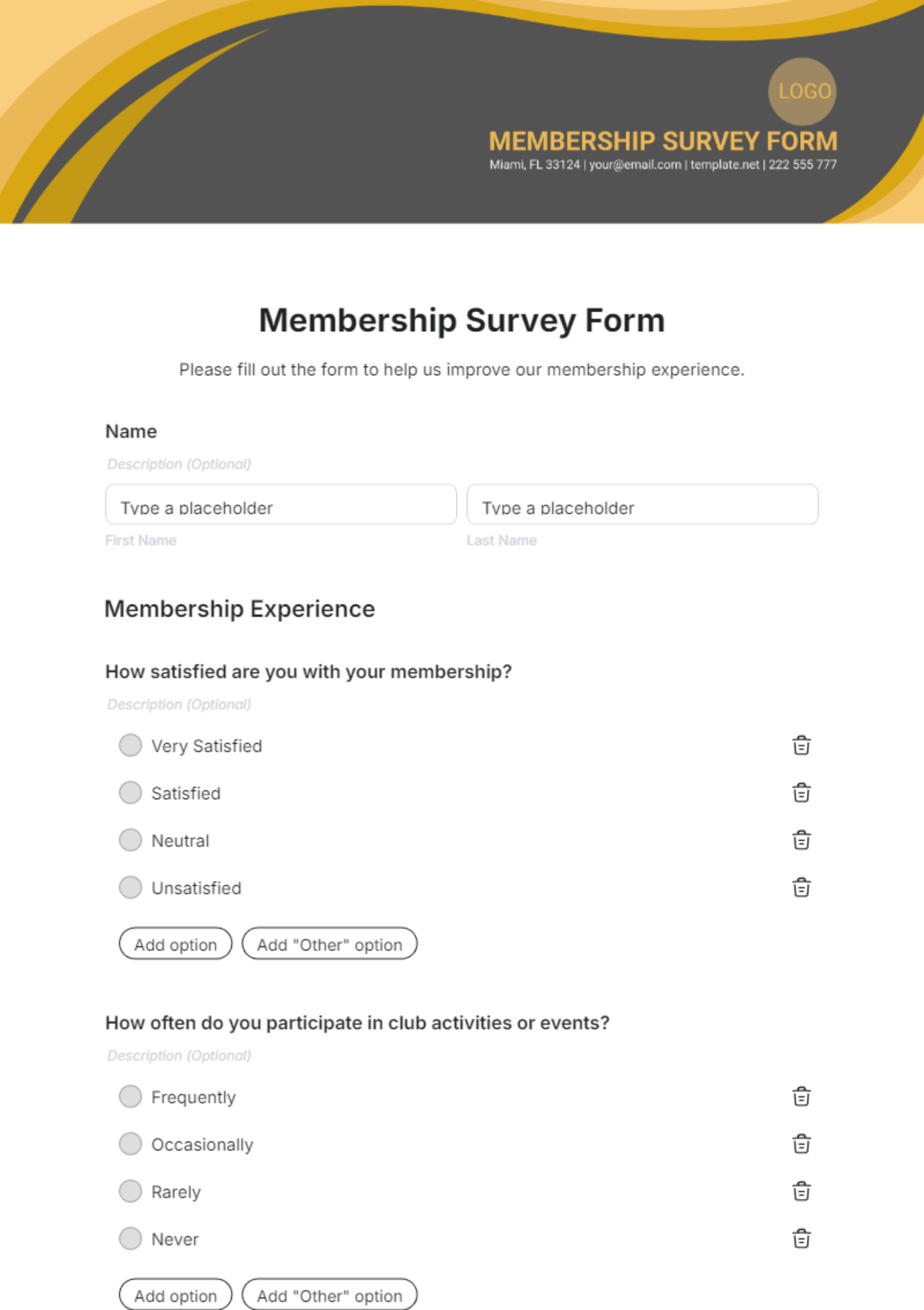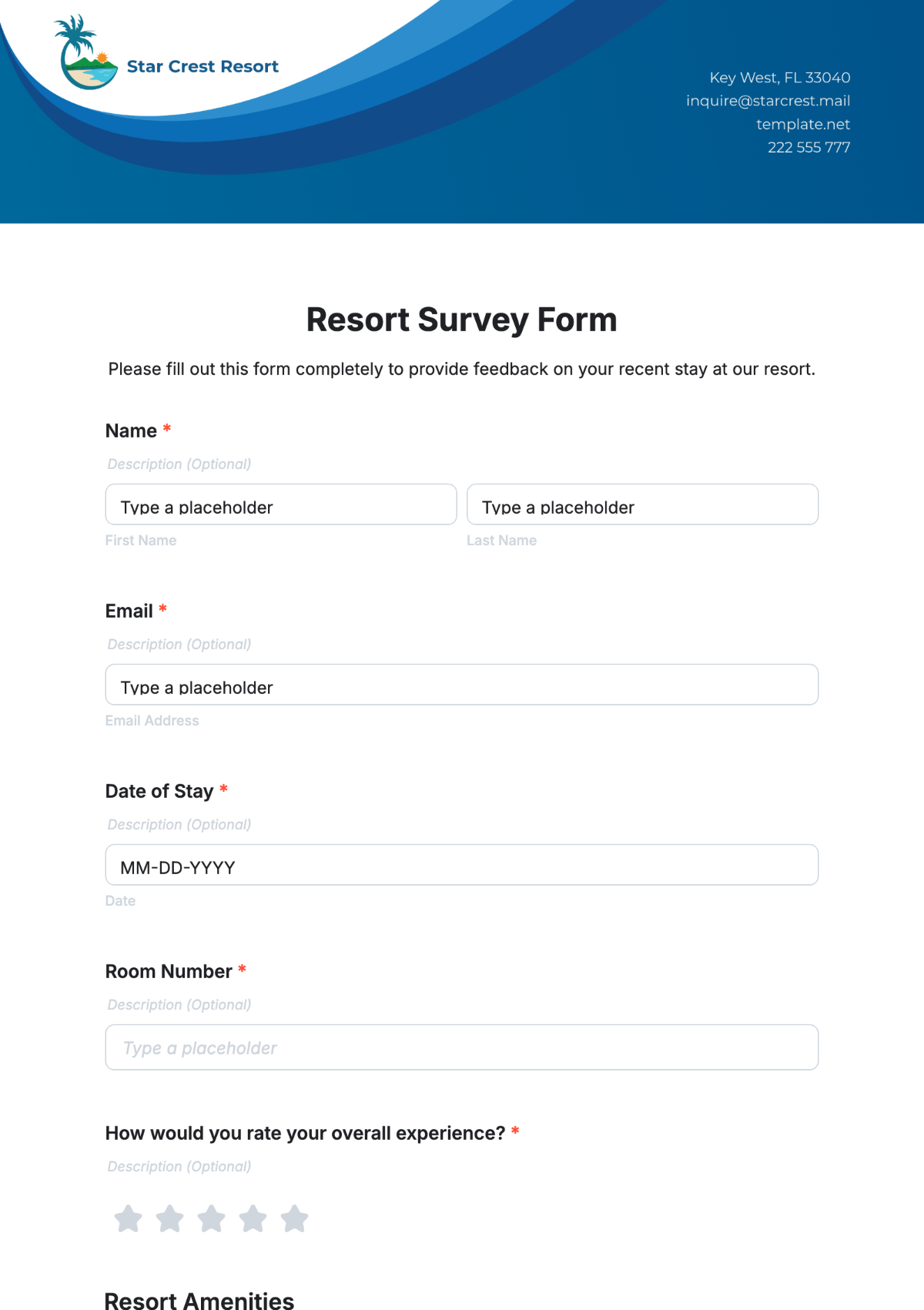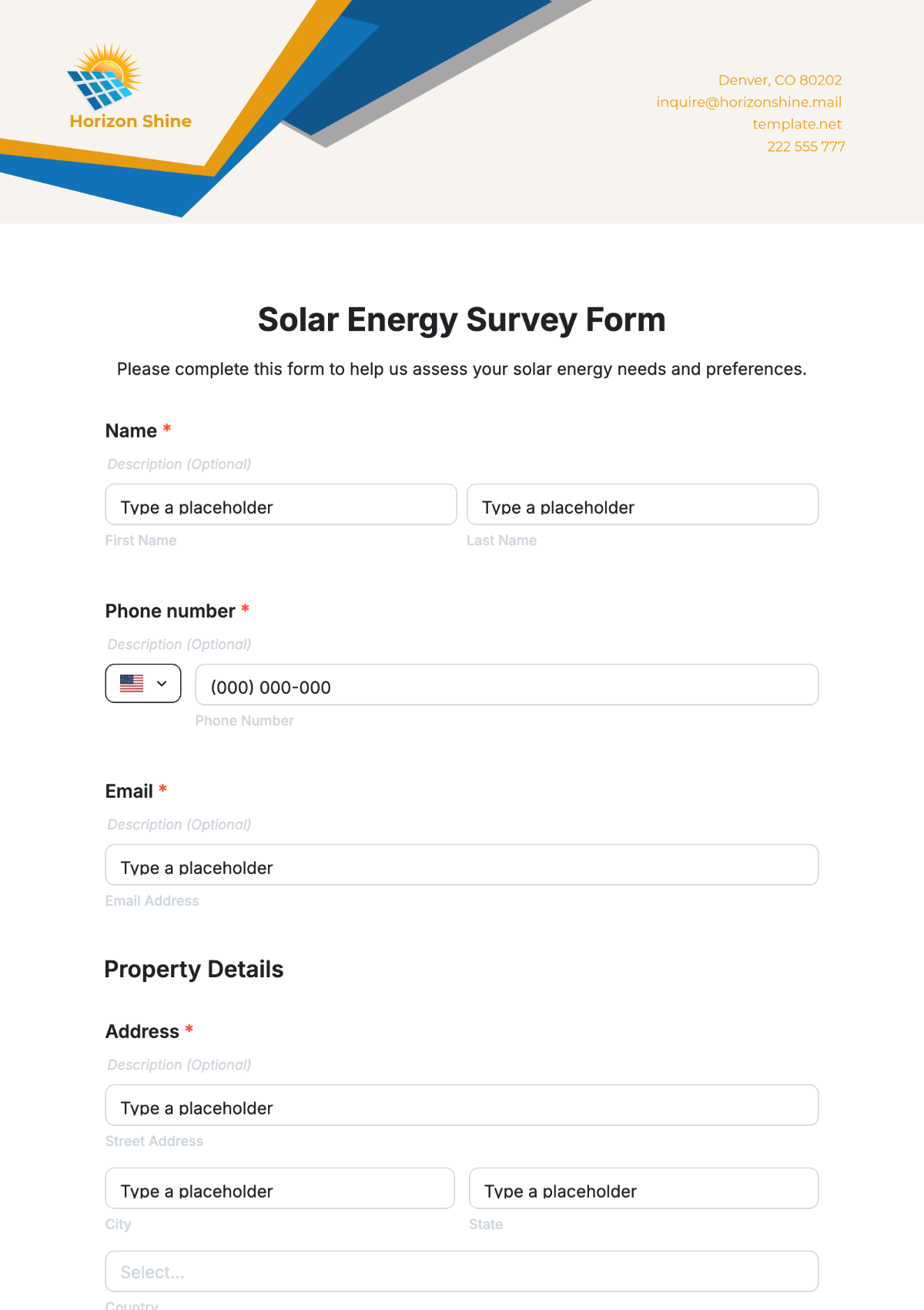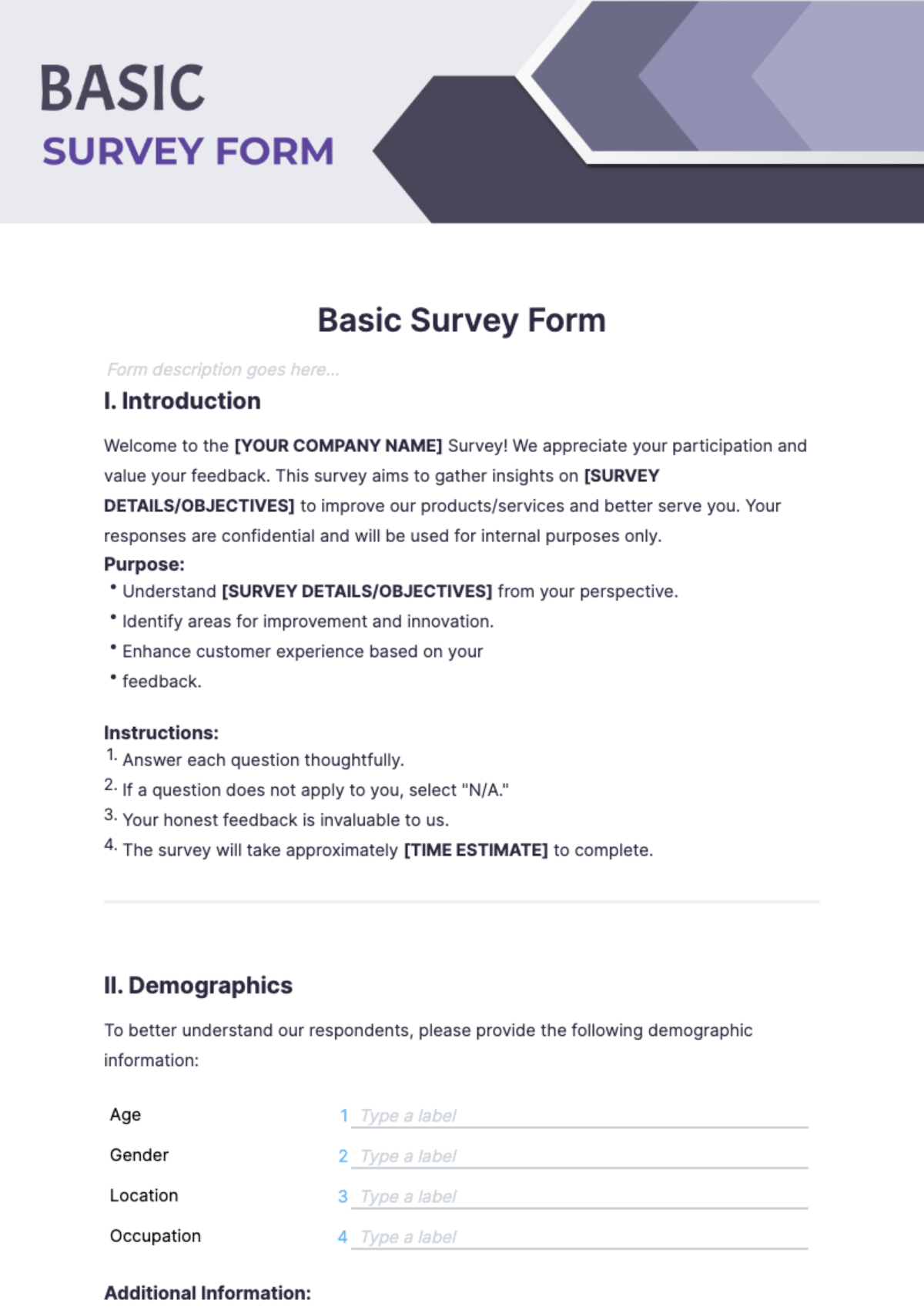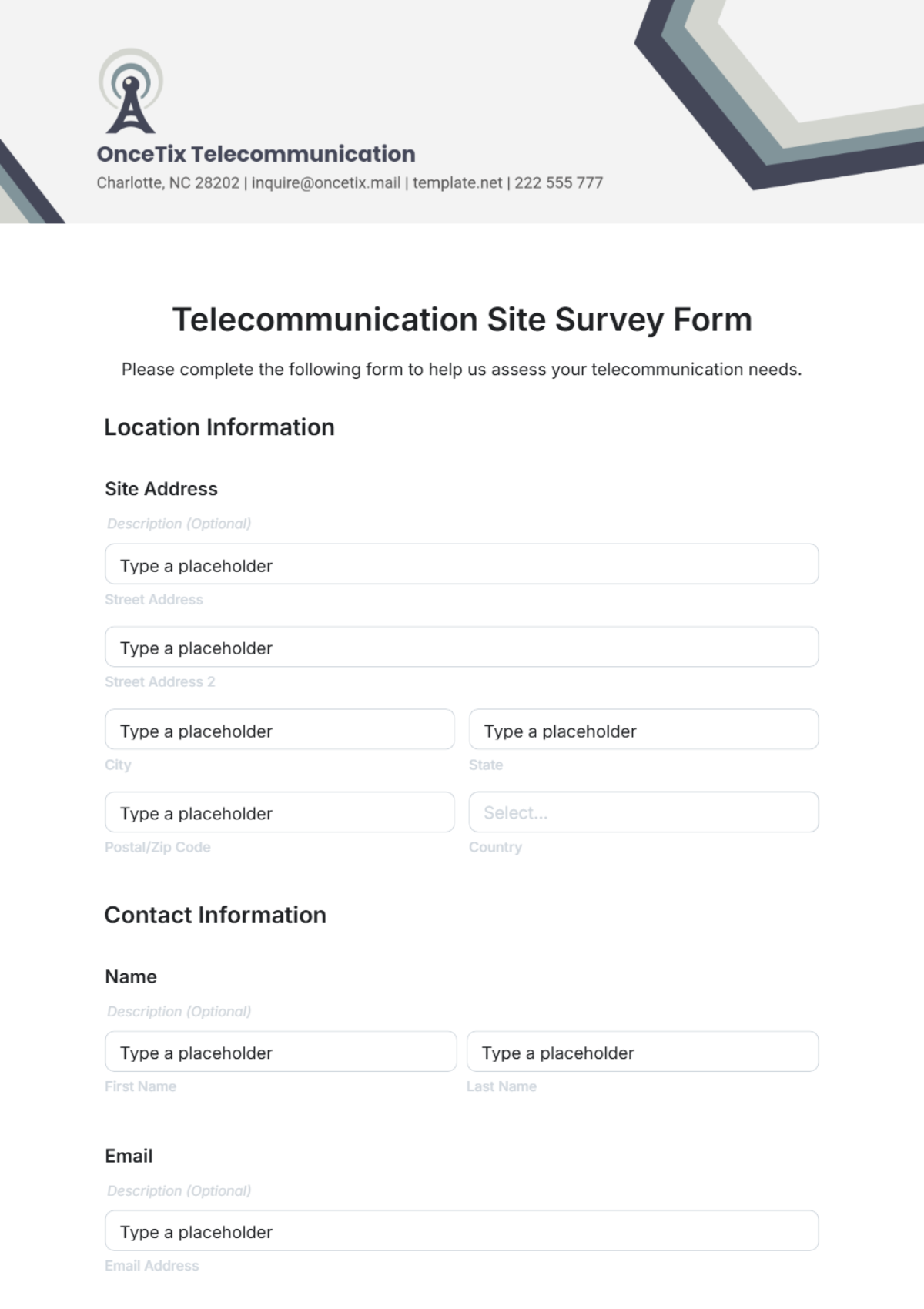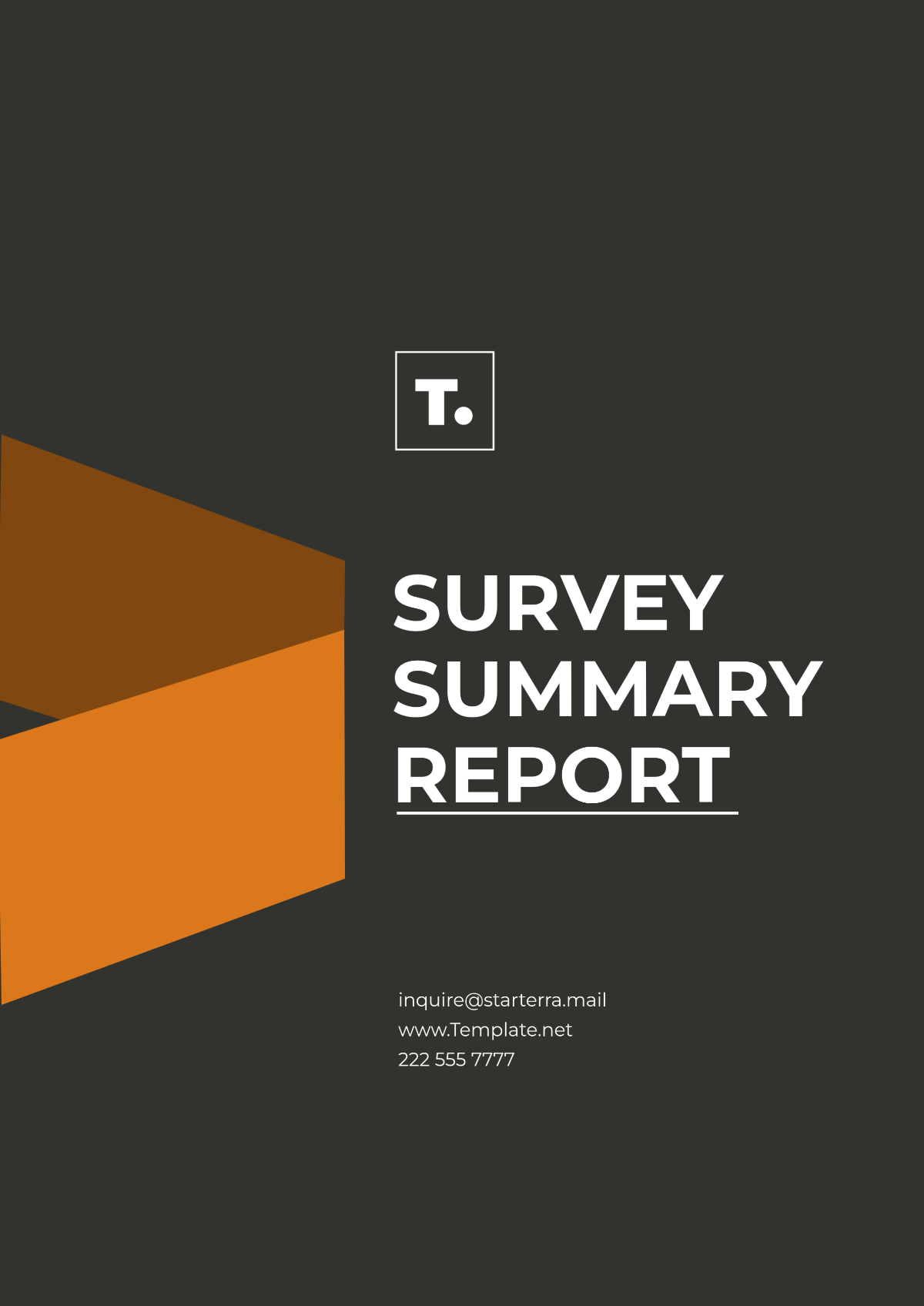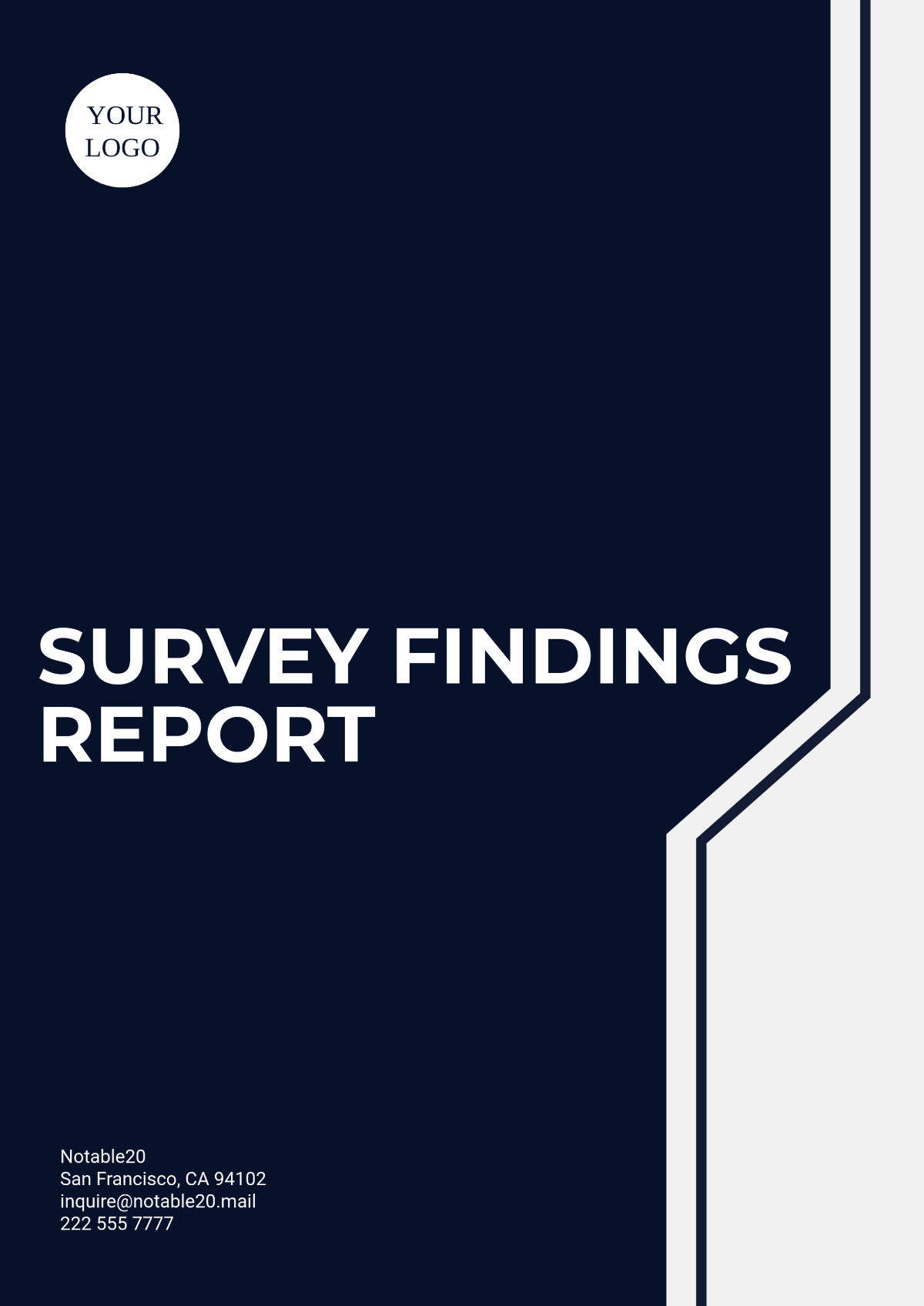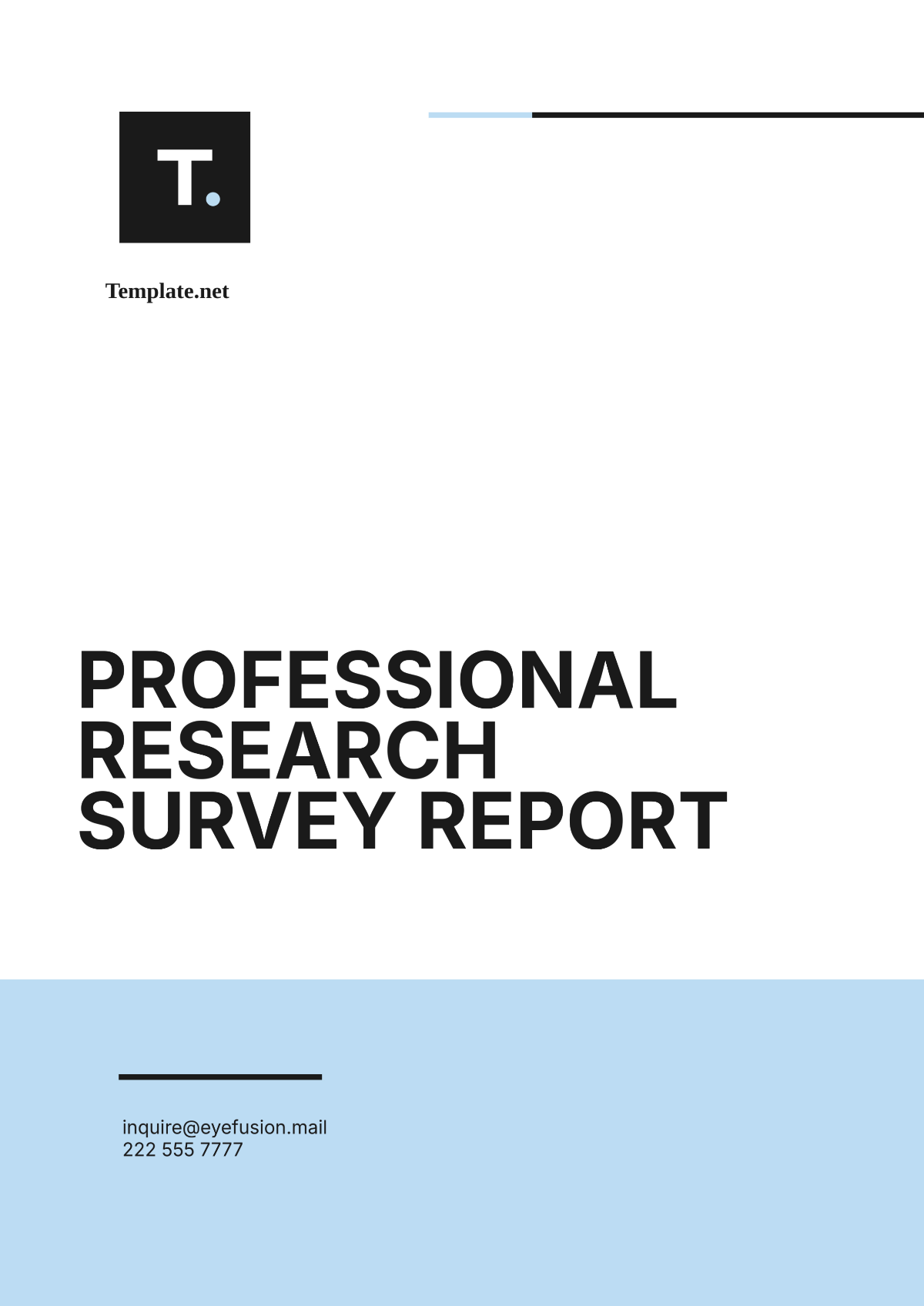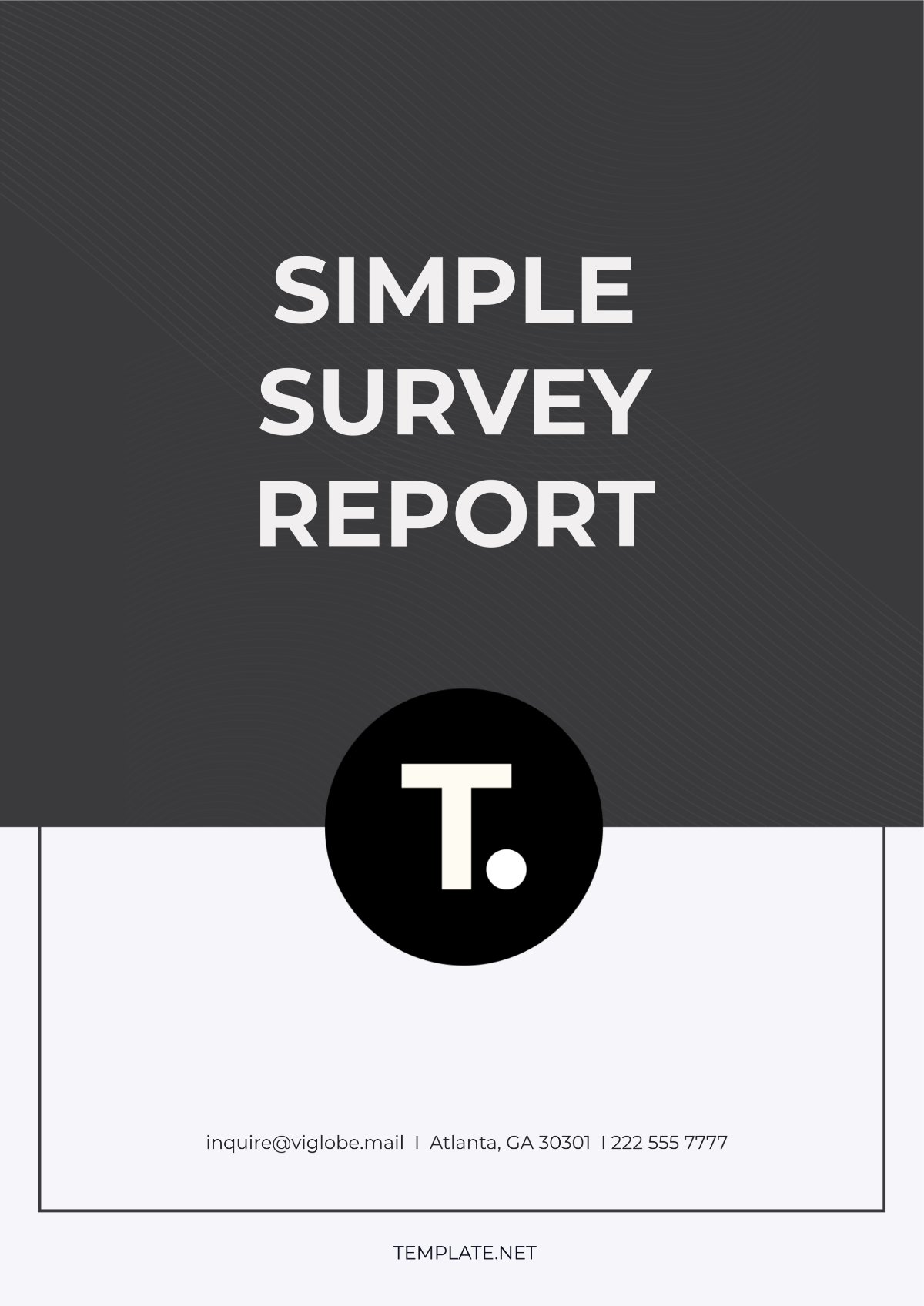Foreign Policy Survey Research
Prepared By: [Your Name]
Organization Name: [Your Company Name]
1. Introduction
1.1 Purpose of the Research
This report aims to systematically collect and analyze data on foreign policy issues and international relations. By understanding the attitudes, opinions, and perceptions of a diverse range of stakeholders—including the general public, experts, and policymakers—the research seeks to inform decision-making processes, assess the impact of policies, and enhance diplomatic strategies. The findings are intended to guide future policy development and improve international relations.
1.2 Research Objectives
Gauge Public Opinion: Assess how the general public views current foreign policy issues and international relations.
Collect Expert Insights: Gather opinions from foreign policy experts on the effectiveness and consequences of various policies.
Evaluate Policy Impact: Analyze the effects of specific foreign policies on global interactions and domestic sentiments.
2. Methodology
2.1 Research Design
The research employs a mixed-methods approach, integrating quantitative surveys and qualitative interviews to comprehensively understand foreign policy issues.
2.2 Data Collection
Surveys: A structured questionnaire was distributed to 1,000 participants, including the general public, policymakers, and experts. The survey covered key topics such as trade policies, international conflicts, and diplomatic relations.
Interviews: In-depth interviews were conducted with 20 foreign policy experts, including academics, diplomats, and analysts, to gain nuanced insights into international relations and policy effectiveness.
2.3 Data Analysis
Quantitative Analysis: Statistical techniques were used to analyze survey responses, identify trends, and measure public opinion on various foreign policy issues.
Qualitative Analysis: Thematic analysis of interview transcripts was performed to uncover key themes and expert recommendations.
3. Survey Results
3.1 General Public Opinions
The survey results reveal a range of opinions on key foreign policy issues, as detailed in the table below:
Issue | Public Opinion | Details |
|---|---|---|
Trade Policies | 65% support free trade agreements | Economic benefits and job creation are major factors. 30% have concerns about local industries and employment. 5% had no clear opinion or were neutral. |
International Conflicts | 70% prefer diplomatic solutions over military interventions | Significant concern about the long-term consequences of ongoing conflicts in the Middle East. |
Climate Change | 80% support international cooperation | Emphasis on the need for global agreements to address environmental challenges. |
3.2 Expert Insights
Experts provided the following insights:
Effectiveness of Sanctions: Many experts argue that sanctions can be effective in pressuring states to alter their behavior but caution that they often have unintended humanitarian impacts.
Diplomatic Strategies: Experts emphasize the importance of multilateral diplomacy and engagement with emerging powers to address global challenges such as climate change and cybersecurity.
3.3 Policymaker Perspectives
Policymakers indicated:
Trade Agreements: They are generally supportive of free trade agreements but are wary of backlash from domestic industries affected by international competition.
Conflict Resolution: There is a consensus on the need for stronger diplomatic efforts to resolve international conflicts and prevent escalation.
4. Analysis
4.1 Key Findings
Public Attitudes: The general public shows strong support for international cooperation on trade and climate change while preferring diplomatic solutions over military interventions.
Expert Opinions: Experts recognize the complexity of international policy issues and stress the importance of multilateral approaches and careful consideration of policy impacts.
Policy Impacts: Current policies have mixed effects, with positive outcomes in trade and climate cooperation but challenges in conflict resolution and sanction effectiveness.
4.2 Implications for Policy
The findings suggest that policymakers should:
Enhance Multilateral Cooperation: Strengthen international agreements and collaborations to address global issues effectively.
Address Public Concerns: Develop policies that balance international goals with domestic economic and social impacts.
Consider Expert Recommendations: Incorporate expert insights into policy formulation to improve effectiveness and minimize unintended consequences.
5. Recommendations
5.1 For Policymakers
Review Trade Policies: Reassess trade agreements to address domestic industry concerns while maximizing economic benefits.
Strengthen Diplomatic Efforts: Increase diplomatic engagement and support for multilateral initiatives to resolve conflicts and address global challenges.
5.2 For Further Research
Investigate Policy Impacts: Conduct additional studies to evaluate the long-term effects of foreign policies on international relations and domestic conditions.
Explore Emerging Issues: Examine new and emerging global issues, such as cybersecurity and technological advancements, to stay ahead of policy challenges.
6. Conclusion
6.1 Summary of Insights
The research provides a detailed understanding of stakeholder attitudes and opinions on foreign policy issues. Public support for international cooperation, expert recommendations on diplomatic strategies, and policymaker perspectives are critical for shaping effective and balanced foreign policies.
6.2 Final Thoughts
The insights gained from this research underscore the importance of informed decision-making and strategic planning in foreign policy. By considering diverse perspectives and evidence-based recommendations, policymakers can enhance their approach to international relations and address global challenges more effectively.



